An employment contract is a legal agreement between an employer and an employee that outlines the terms and conditions of the employment relationship. This document is crucial as it establishes the rights, responsibilities, and expectations of both parties and serves as a reference point in case of any disputes.
When an employee is offered a job and accepts the position, they will typically be required to sign an employment contract before starting work. This contract is a legally binding document that establishes the rights and obligations of both the employer and the employee, and serves as the foundation of the employment relationship.
Table of Contents
Employment Contract Templates
Employment Contract Templates are documents used by employers and employees to formalize their agreement and specify the terms and conditions of employment. These templates typically outline important details such as job description, salary and benefits, working hours, responsibilities, and expectations. They also include provisions for termination of employment and confidentiality agreements. Employment contract templates help ensure that both parties are aware of their respective rights and obligations, which can minimize disputes and promote a healthy working relationship.
Employment Contract with reasons why it is important?
![Free Printable Employment Contract Form Templates, Letter [PDF, Word] 1 Employment Contract](https://www.typecalendar.com/wp-content/uploads/2023/05/Employment-Contract-1.jpg 1920w, https://www.typecalendar.com/wp-content/uploads/2023/05/Employment-Contract-1-300x169.jpg 300w, https://www.typecalendar.com/wp-content/uploads/2023/05/Employment-Contract-1-1024x576.jpg 1024w, https://www.typecalendar.com/wp-content/uploads/2023/05/Employment-Contract-1-768x432.jpg 768w, https://www.typecalendar.com/wp-content/uploads/2023/05/Employment-Contract-1-1536x864.jpg 1536w, https://www.typecalendar.com/wp-content/uploads/2023/05/Employment-Contract-1-1200x675.jpg 1200w)
There are several reasons why it’s important to have an employment contract:
Clarification of terms: An employment contract clearly defines the terms and conditions of the employment relationship, including the employee’s job duties, salary, benefits, and any other compensation. This helps to avoid confusion and disputes between the employer and employee.
Protection of the employer: An employment contract can protect an employer’s rights and interests by outlining the employee’s obligations, such as confidentiality and non-competition clauses.
Legal protection: An employment contract can provide legal protection for both the employer and employee. In the event of a dispute, the contract can be used as evidence in court to support the rights and obligations of both parties.
Compliance with laws: An employment contract can ensure compliance with applicable laws and regulations, such as anti-discrimination laws, minimum wage laws, and overtime laws.
Flexibility: An employment contract can be tailored to the specific needs of the employer and employee, and can include clauses such as probationary periods, termination provisions, and severability clauses.
Clear expectations: An employment contract sets out the expectations of both parties, including the employee’s job duties, compensation, and work schedule. This can help to prevent misunderstandings and conflicts in the future.
Types of employment contracts
There are several types of employment contracts that can be used to define the terms and conditions of an employment relationship. Here’s a guide to the most common types of employment contracts:
Permanent Employment Contract
This type of contract is also known as an “indefinite contract” and is the most common type of employment contract. It is used for permanent employees and does not have a specific end date. An employee who is on a permanent contract can only be terminated for cause and must be given notice or compensation in lieu of notice.
Fixed-term Employment Contract
This type of contract has a specific end date and is used for employees who are hired for a specific project or period of time. A fixed-term employee can only be terminated early if the contract allows it and the employee must be given notice or compensation in lieu of notice.
Part-time Employment Contract
This type of contract is used for employees who work less than the standard full-time hours. Part-time employees have the same rights as full-time employees, but they may be entitled to fewer benefits and may not be eligible for certain types of leave.
Temporary Employment Contract
This type of contract is used for employees who are hired on a temporary basis, such as for a specific project or period of time. Temporary employees do not have the same rights as permanent employees and may be terminated at any time without notice or compensation.
Probationary Employment Contract
This type of contract is used for new employees during a probationary period. The probationary period is a trial period during which the employer can evaluate the employee’s performance and decide whether to offer them a permanent contract.
Freelance or Independent Contractor Contract
This type of contract is used for self-employed individuals who provide services to a company on a freelance basis. Freelancers and independent contractors are not considered employees and do not have the same rights as employees, but they may be entitled to certain protections under the law.
Seasonal Employment Contract
This type of contract is used for employees who are hired for a specific season or period of time, such as for holiday or peak season. Seasonal employees do not have the same rights as permanent employees and may be terminated at the end of the season without notice or compensation.
Remote Employment Contract
This type of contract is used for employees who work remotely, either from home or from a different location than the employer’s office. Remote employment contracts should clearly define the terms and conditions of remote work, such as the employee’s responsibilities, work schedule, and communication expectations.
Executive Employment Contract
This type of contract is used for high-level executives and managers, and often includes additional terms and clauses such as stock options, performance bonuses, and non-competition clauses.
Collective Employment Contract
This type of contract is not made between employer and employee individually, but between employer and employees’ representative or union. It is the agreement between the employer and employee representatives or union that outlines the terms and conditions of employment for a group of employees, such as wages, benefits, and working conditions.
What should be included in a contract of employment?
An employment contract is a legally binding document that outlines the terms and conditions of the employment relationship. It is important to include specific information in the contract to ensure that the rights and obligations of both the employer and employee are clearly defined. Here’s a guide on what information to include in an employment contract:
Job Description: The contract should clearly outline the employee’s job duties and responsibilities, as well as the job title and any specific qualifications or certifications required for the position.
Compensation: The contract should specify the employee’s salary or wages, including the payment schedule and any bonuses or commissions that may be earned. The contract should also detail any benefits provided to the employee, such as health insurance, retirement plans, or vacation time.
Work schedule: The contract should specify the employee’s work schedule, including the number of hours worked per week, and any overtime or shift differential pay.
Probationary period: If applicable, the contract should specify the length of the probationary period, during which the employer can evaluate the employee’s performance and determine whether to offer them a permanent contract.
Termination: The contract should specify the conditions under which the employment can be terminated, including the notice period required, and whether the employee is entitled to compensation in lieu of notice.
Non-compete and confidentiality clauses: If applicable, the contract should include non-compete clauses that prohibit the employee from working for a competitor for a certain period of time after leaving the company, and confidentiality clauses that prohibit the employee from disclosing confidential information about the company.
Severability clause: A severability clause is used to ensure that if any part of the contract is deemed invalid or unenforceable, the remainder of the contract will still be binding and enforceable.
Governing law: The contract should specify the state or jurisdiction whose laws will govern the contract, in case of any disputes.
Signature: The contract should be signed by both the employer and the employee, and should include the date of signing. It is important to keep a copy of the signed contract for both parties.
Employee’s rights: The contract should state the employee’s rights, such as the right to a safe working environment, the right to a fair wage, and the right to privacy and non-discrimination.
Dispute resolution: The contract should specify the process for resolving any disputes that may arise between the employer and employee, such as mediation or arbitration.
Changes and modifications: The contract should specify the process for making changes or modifications to the contract, and should require the mutual agreement of both parties.
Implied terms of employment contract
An implied employment contract is an unwritten understanding between an employer and employee, regarding the terms and conditions of the employment relationship. Unlike an express employment contract, which is a written document that is signed by both parties, an implied employment contract is not formally documented, but is created through the actions and statements of the employer and employee.
An implied employment contract can be created in several ways, such as through an employee handbook, company policies, or verbal statements made by the employer. For example, if an employer promises an employee that they will be employed for a certain period of time, or that they will be promoted to a certain position, an implied employment contract may be created.
An implied employment contract can also be created through an employee’s actions, such as by accepting a job offer or continuing to work for an employer for a certain period of time.
It’s important to note that, while an implied employment contract is not a formal, written document, it is still legally binding, and can be enforced in the same way as an express employment contract. An employer must fulfill their obligations under an implied contract, just as they would under an express contract.
However, it’s important to note that, an implied employment contract can be harder to prove and enforce, as there is no written document that can be used as evidence. The employee must prove that the employer made promises or representations that led the employee to believe that a contract existed.
How To Break The Contract Of Employment
An employment contract can be terminated by either the employer or the employee, but the specific process for doing so will depend on the terms of the contract and applicable laws. Typically, either party can terminate the contract by giving notice to the other party, but the length of notice required will vary. If the contract has a specific term, it will automatically end on the expiration date. If there is no specific term, either party can terminate the contract at any time, subject to any notice requirements. If either party breaches the terms of the contract, the other party may have the right to terminate the contract immediately. If you are unsure about how to terminate your contract, it is best to consult with an attorney to ensure you are in compliance with all legal requirements.
FAQs
Can an employment contract be changed?
Yes, an employment contract can be changed, but any changes must be agreed upon by both parties and may require the execution of an amendment or a new contract.
Can an employee be fired without cause?
It depends on the terms of the employment contract and applicable laws. Some contracts may include language allowing for termination without cause, while others may require that a specific reason be provided. In the absence of a contractual provision, it may be governed by the laws of the jurisdiction where the employment takes place.
Can an employee quit without notice?
It depends on the terms of the employment contract. Some contracts may require a certain length of notice before quitting, while others may not. In the absence of a contractual provision, it may be governed by the laws of the jurisdiction where the employment takes place.
What happens if either party breaches the employment contract?
If either party breaches the terms of the employment contract, the other party may have the right to terminate the contract immediately, or to seek legal remedies such as damages. It is best to consult with an attorney to determine the specific legal remedies available in case of a breach.
Is an employment contract required by law?
While an employment contract is not required by law, it is a useful tool for outlining the terms of the employment relationship and can help to prevent disputes. Some laws may require certain information to be included in an employment contract, such as minimum wage and overtime pay.
How long does an employment contract last?
The length of an employment contract can vary. Some contracts may have a specific term, such as a one-year or two-year contract, while others may be open-ended with no specific end date.
Can an employee be held to a non-compete clause in an employment contract?
Non-compete clauses in employment contracts can be enforceable, but it depends on the specific language of the clause and the laws of the jurisdiction where the employment takes place. Some states have laws that limit the enforceability of non-compete clauses. It’s best to consult with an attorney to determine the enforceability of a non-compete clause in a specific case.
Can an employment contract be terminated by either party?
Yes, an employment contract can be terminated by either party, but the specific process for doing so will depend on the terms of the contract and applicable laws. Typically, either party can terminate the contract by giving notice to the other party, but the length of notice required will vary. If the contract has a specific term, it will automatically end on the expiration date. If there is no specific term, either party can terminate the contract at any time, subject to any notice requirements.
Can an employee be terminated while on probation?
Yes, an employee can be terminated while on probation, but the specific process will depend on the terms of the contract and applicable laws. Probationary periods are usually used as a trial period for new employees, during which the employer can evaluate the employee’s performance before making a decision to continue or terminate the employment. It’s best to consult with an attorney to determine the specific legal requirements for terminating an employee during a probationary period.





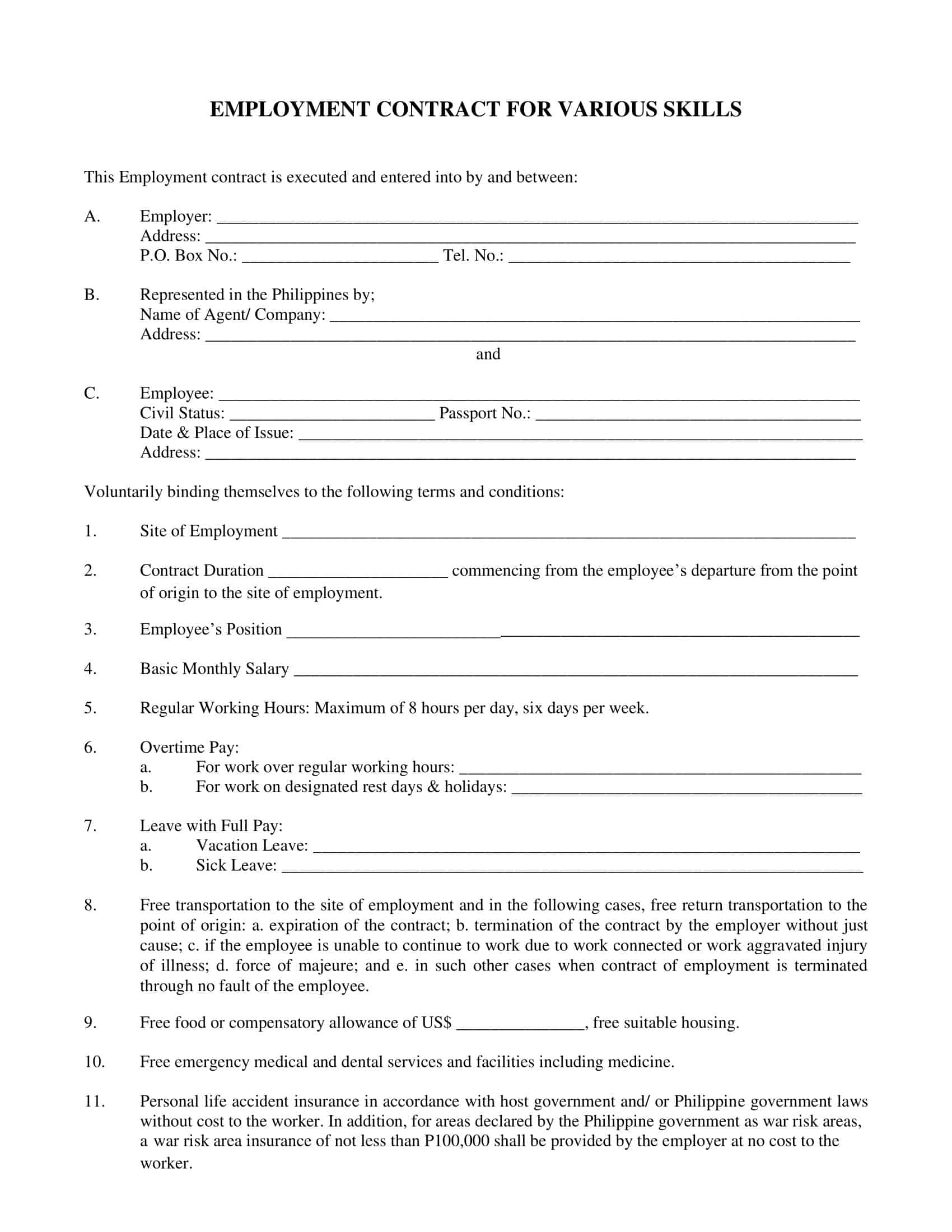

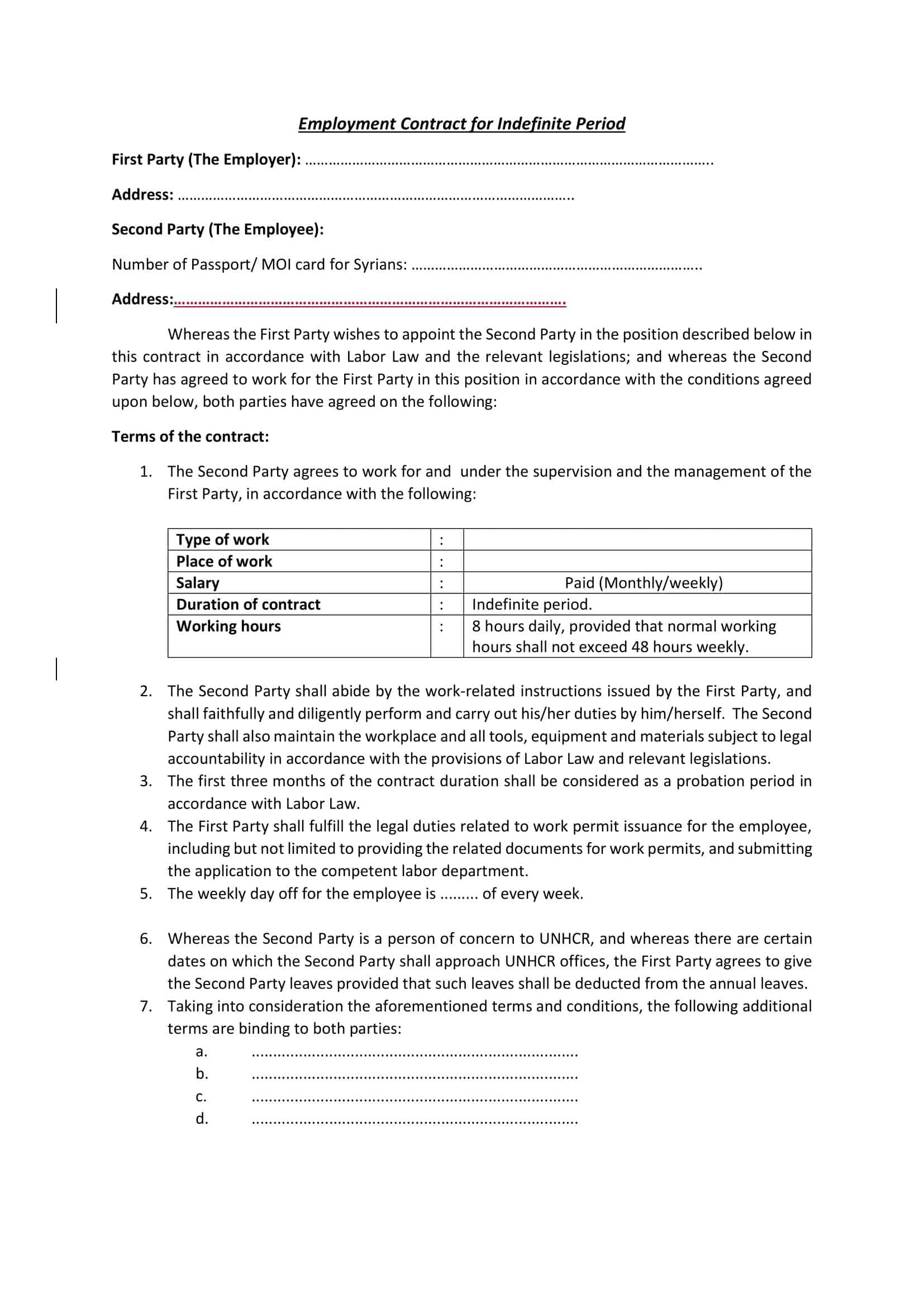
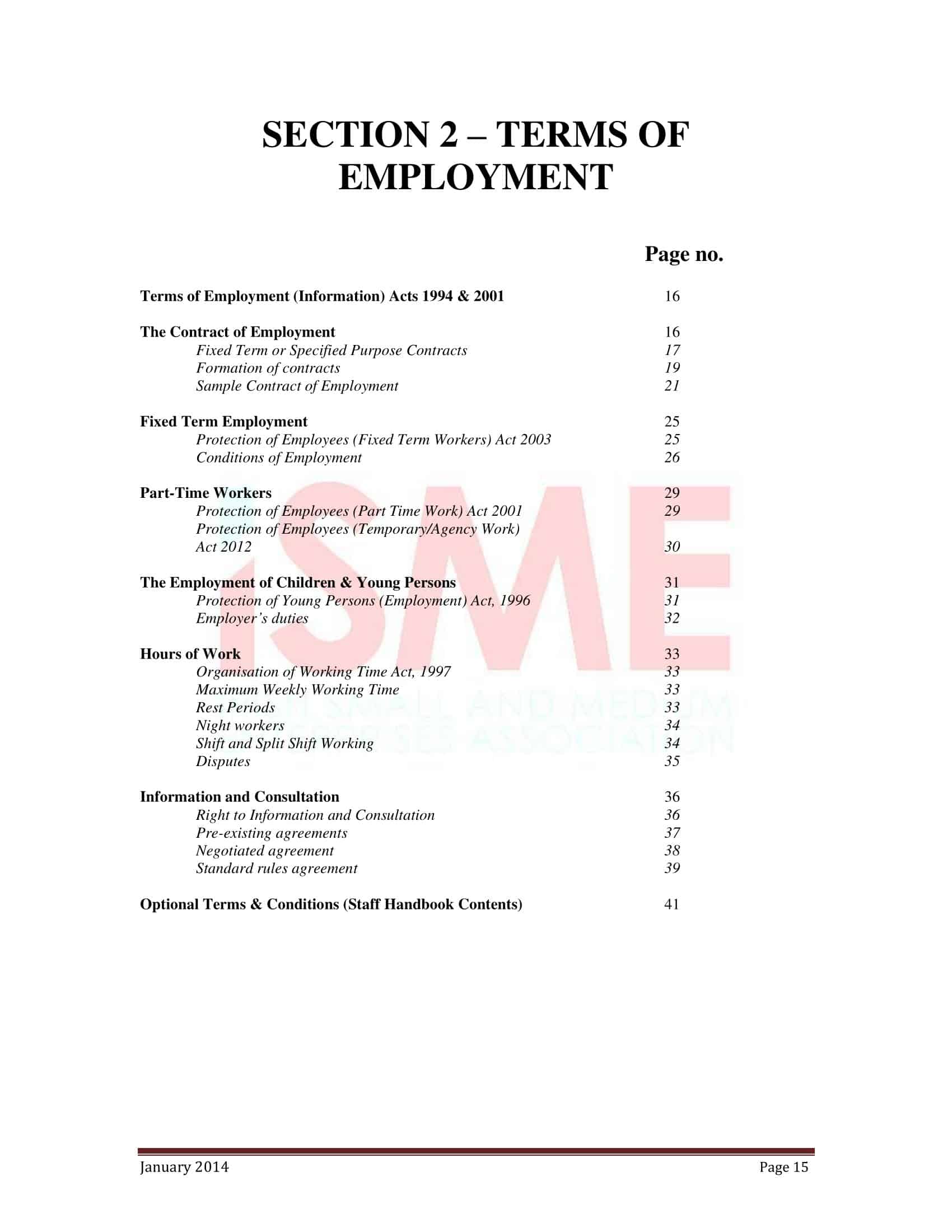


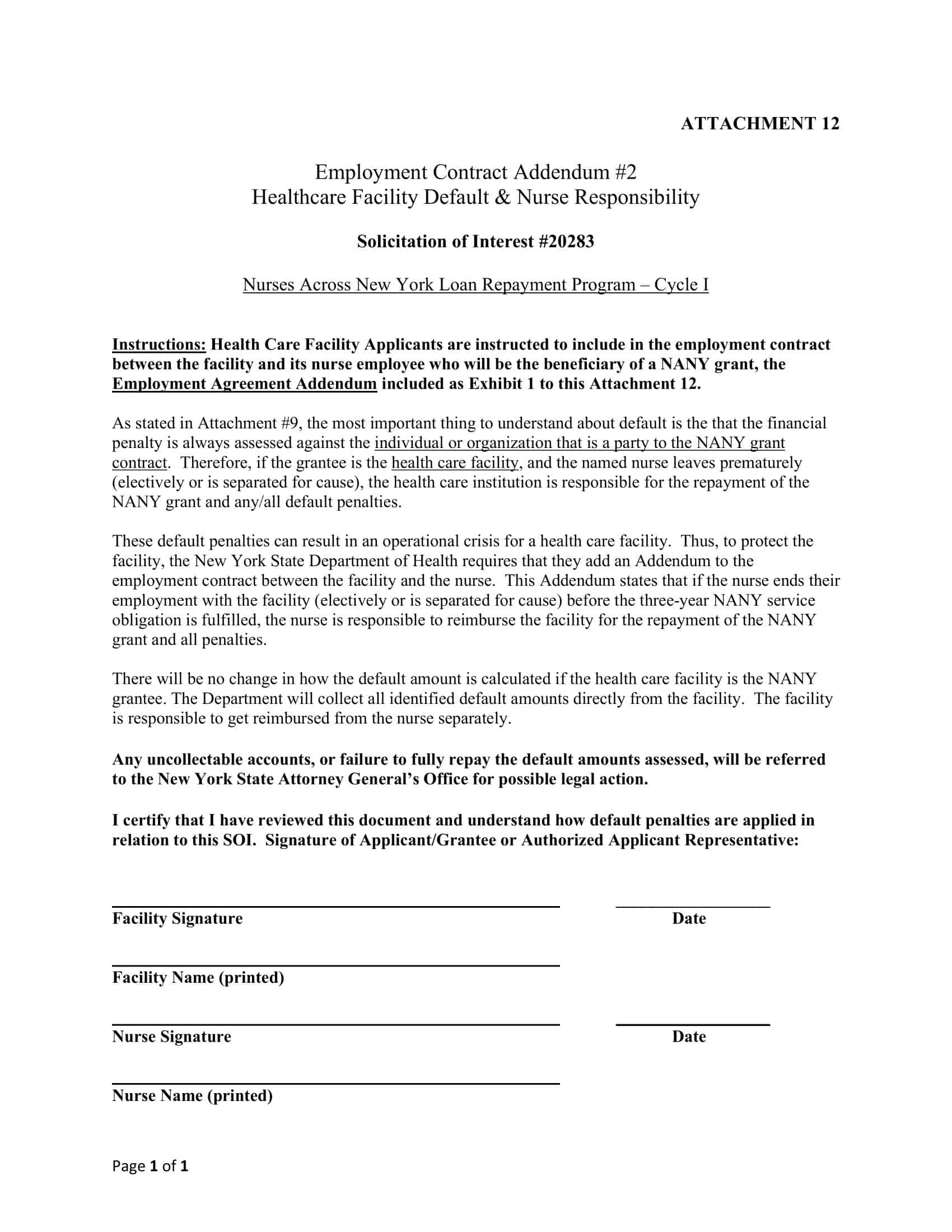

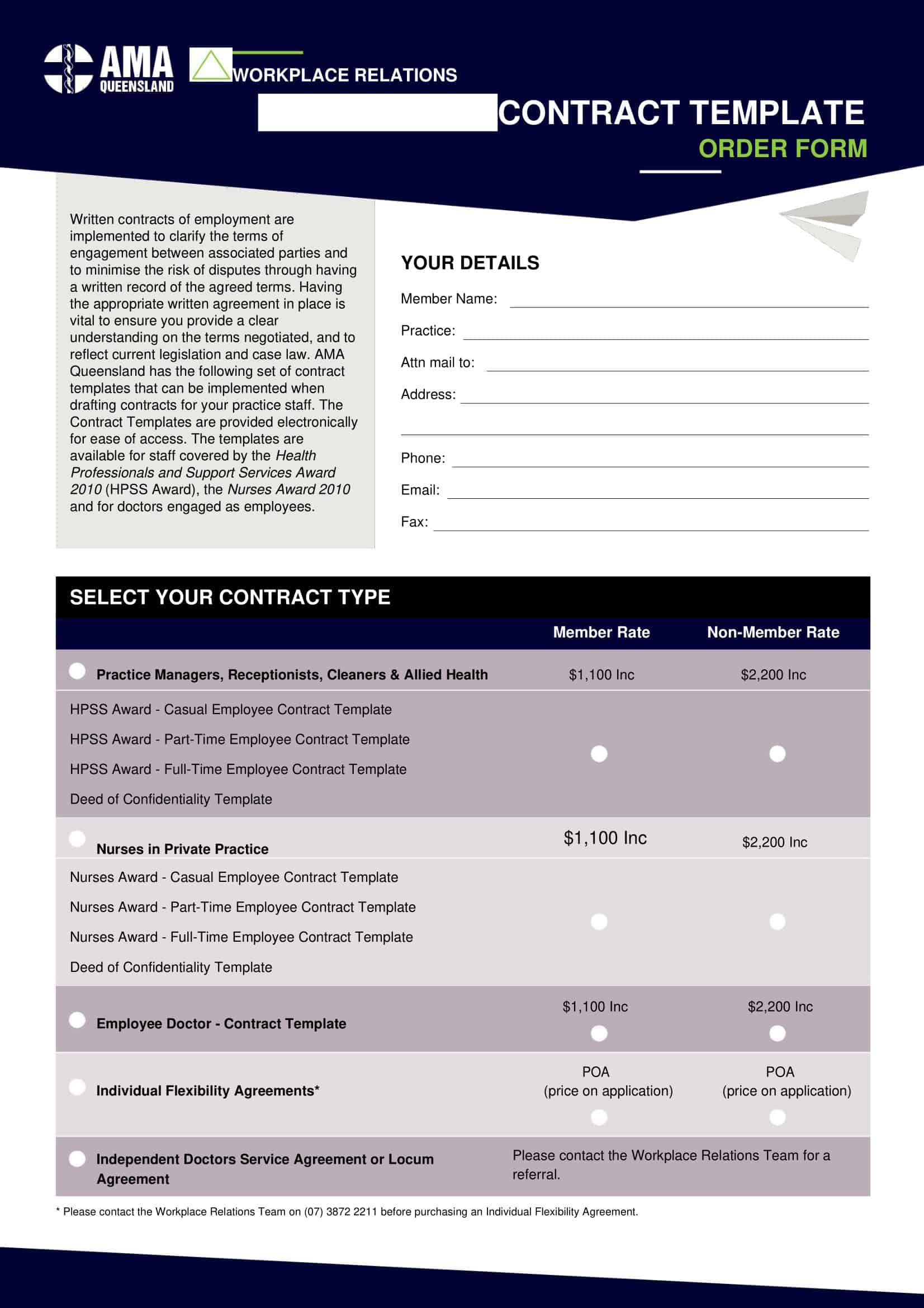
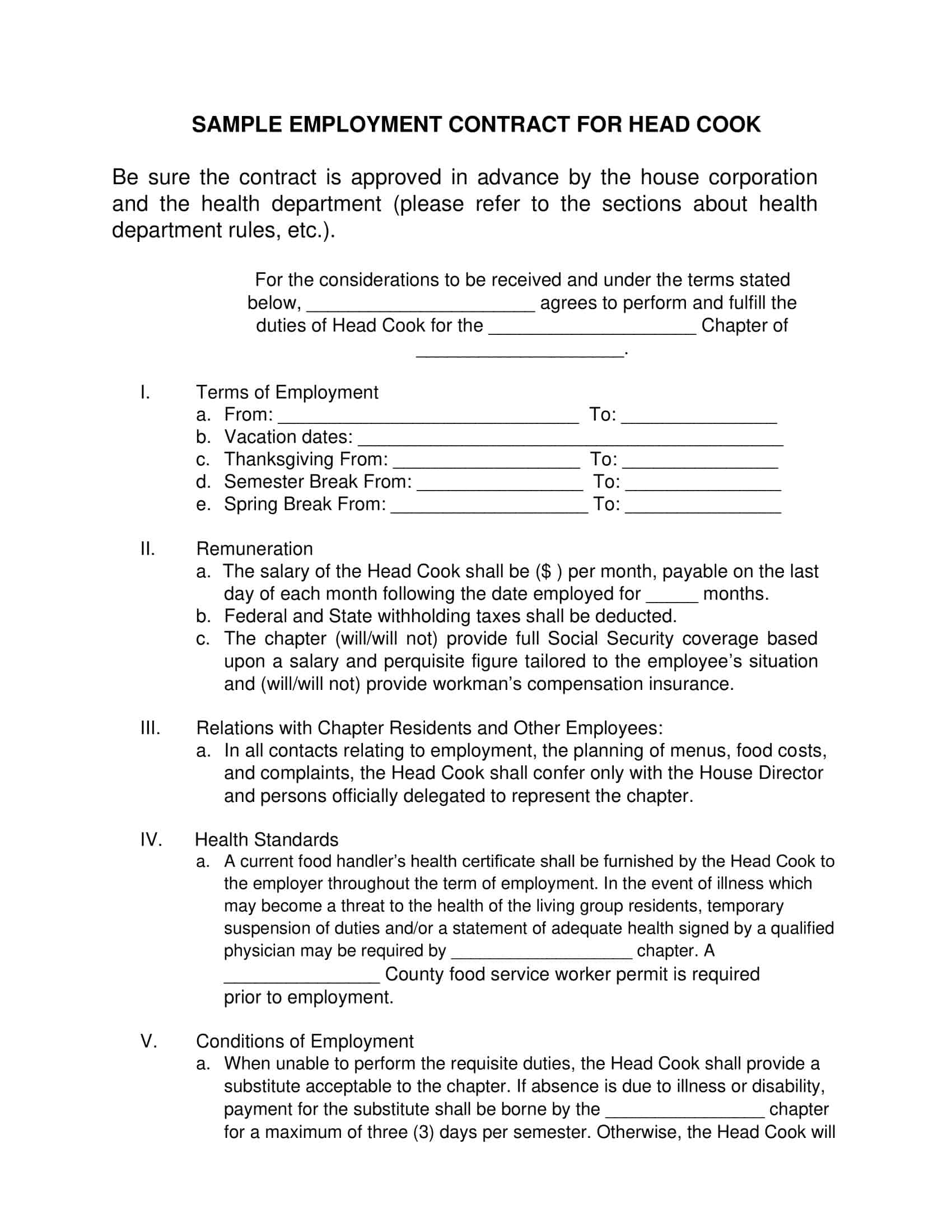







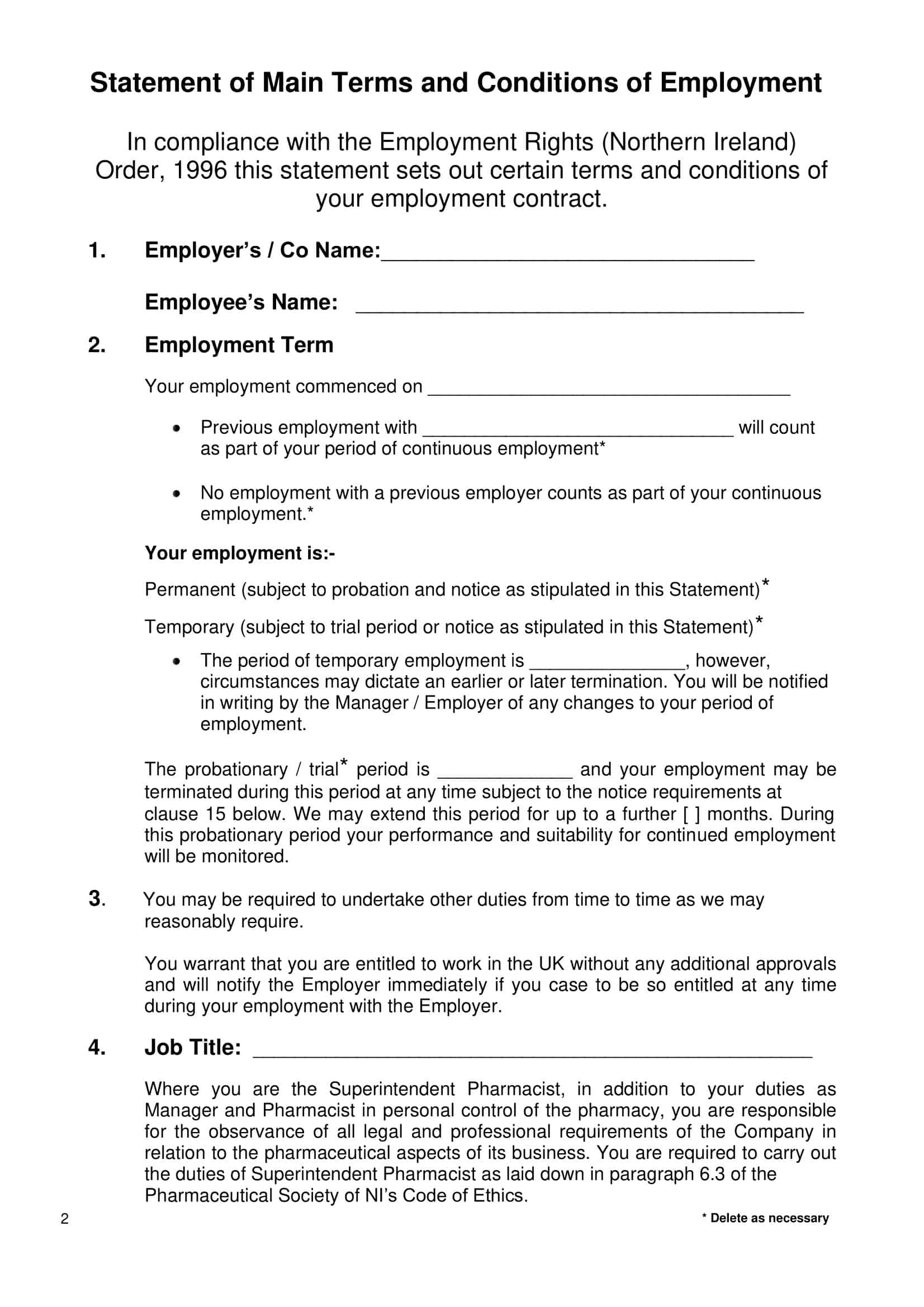

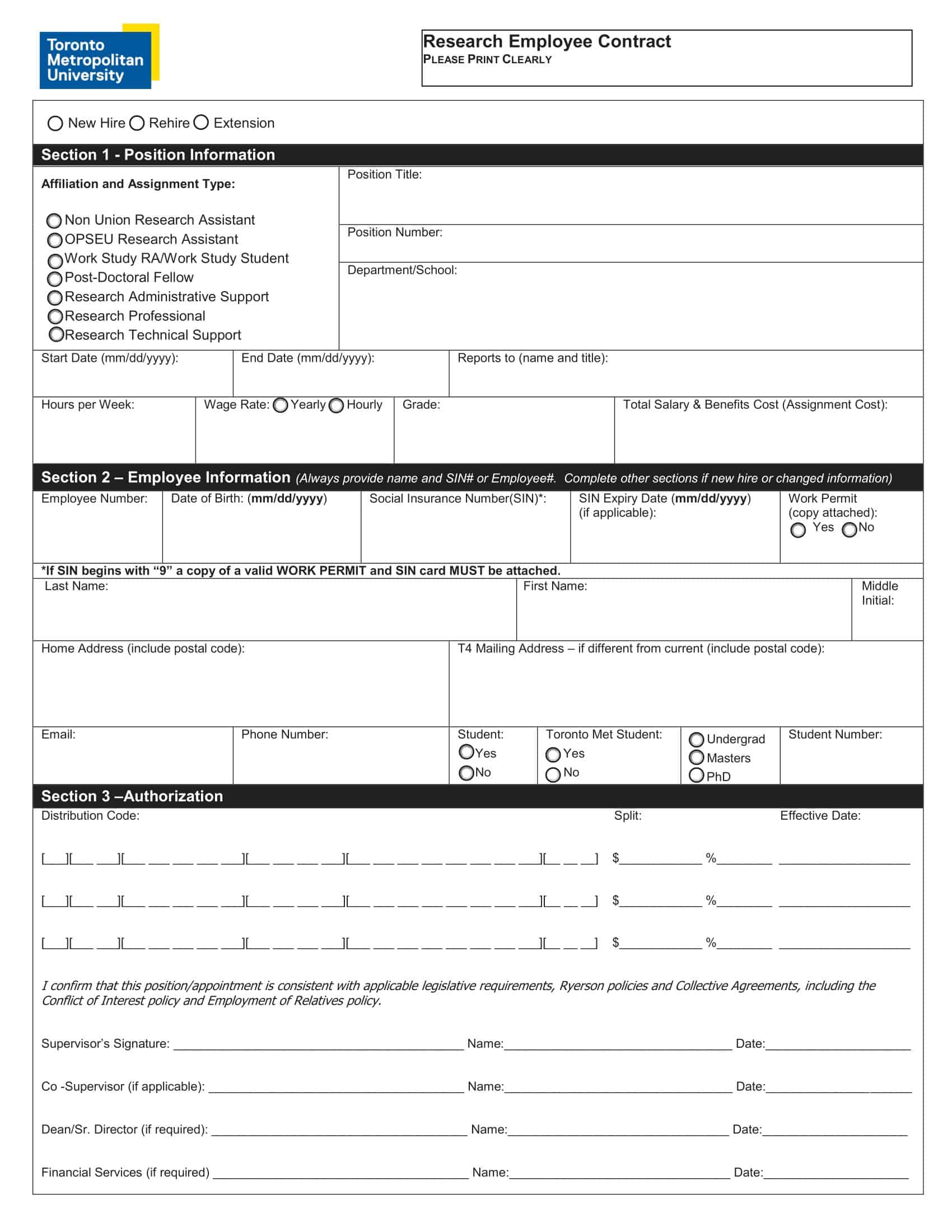

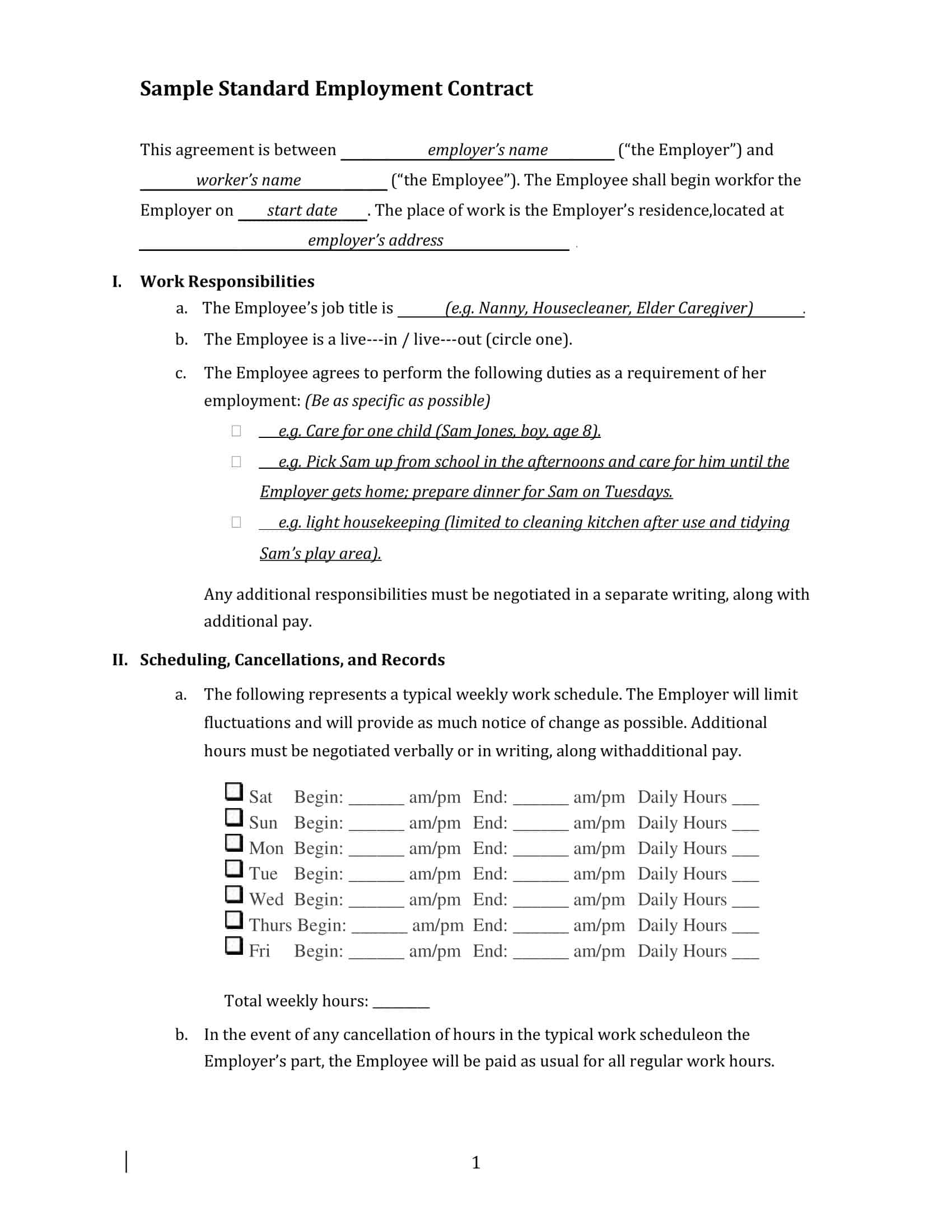




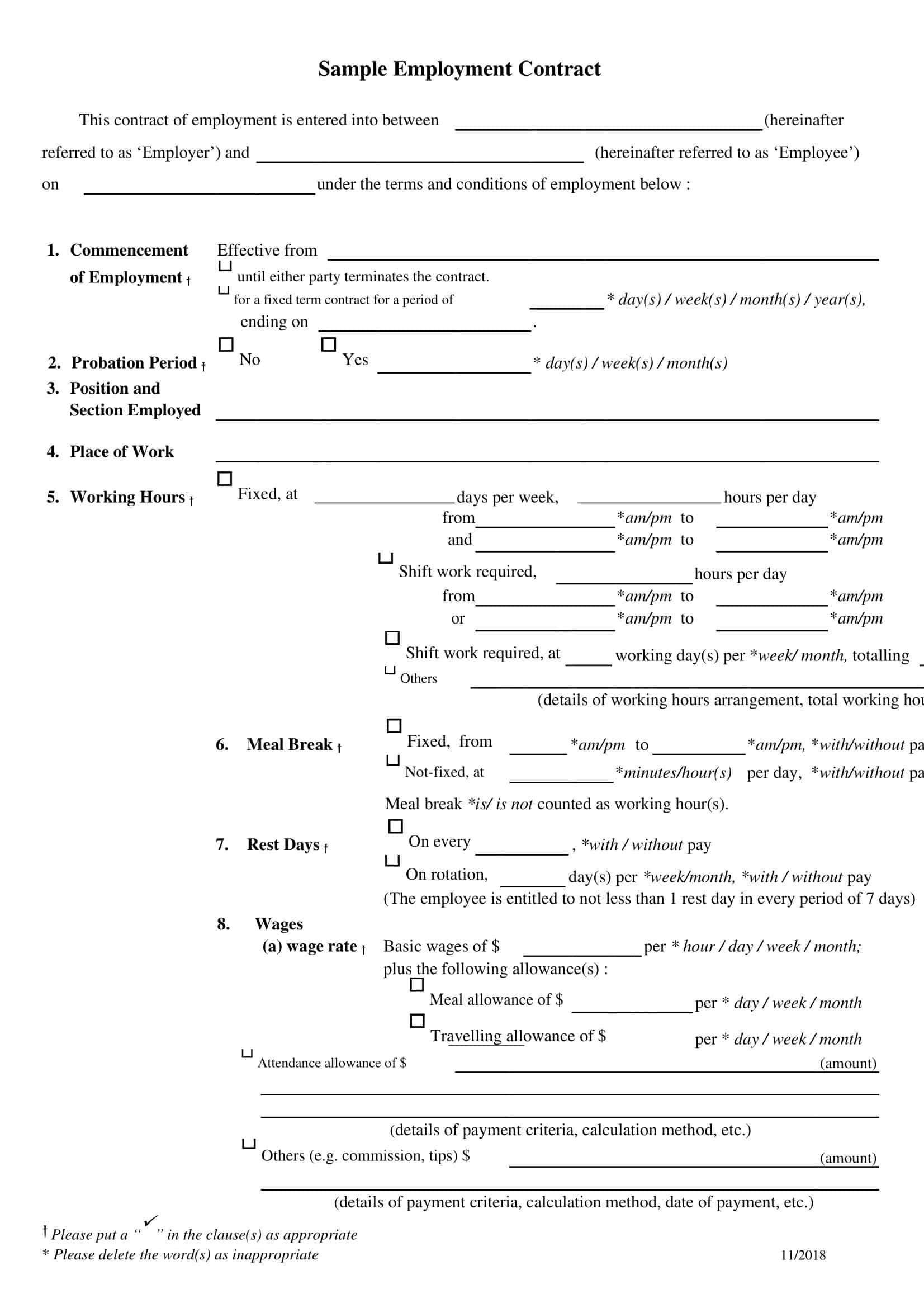
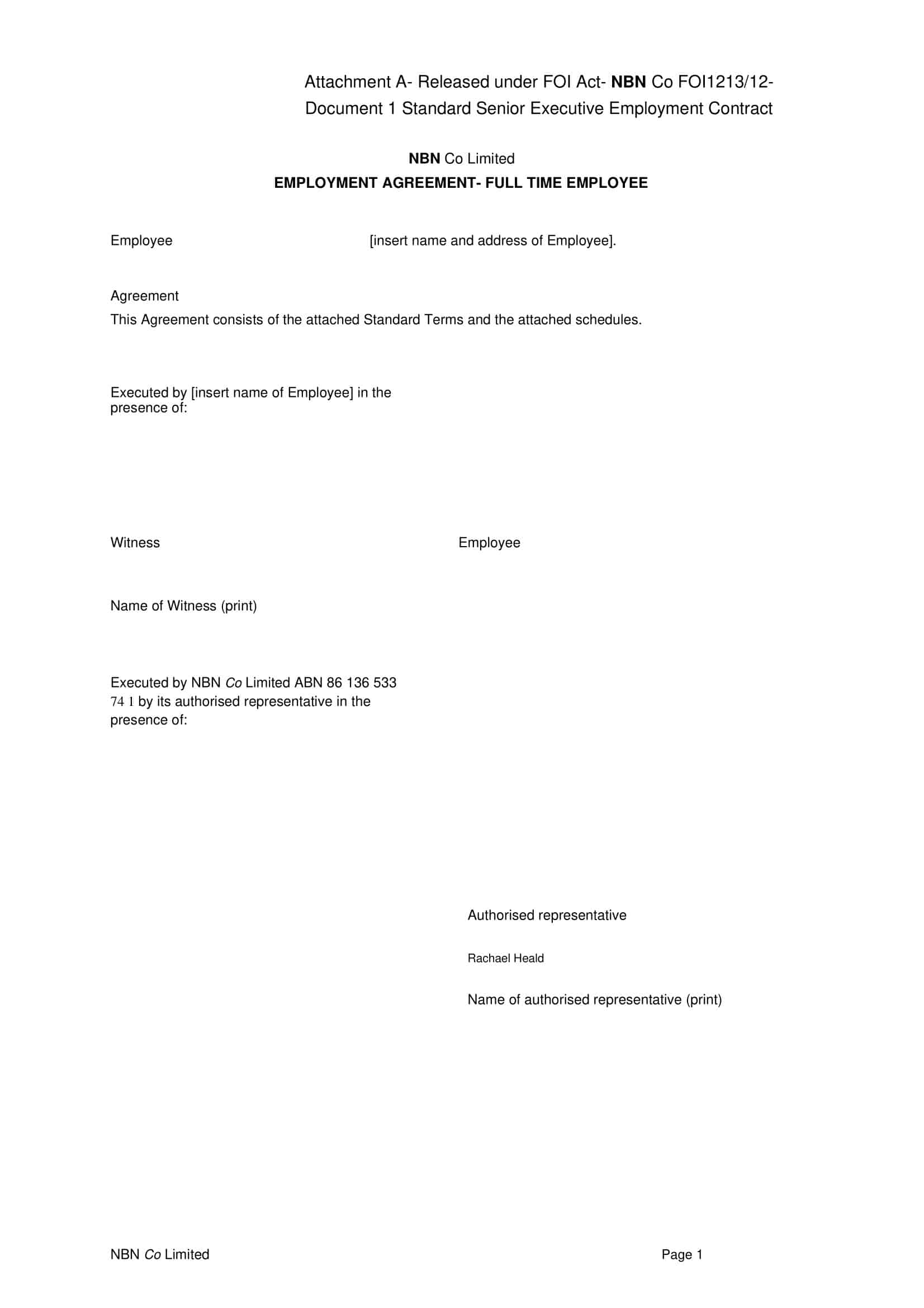

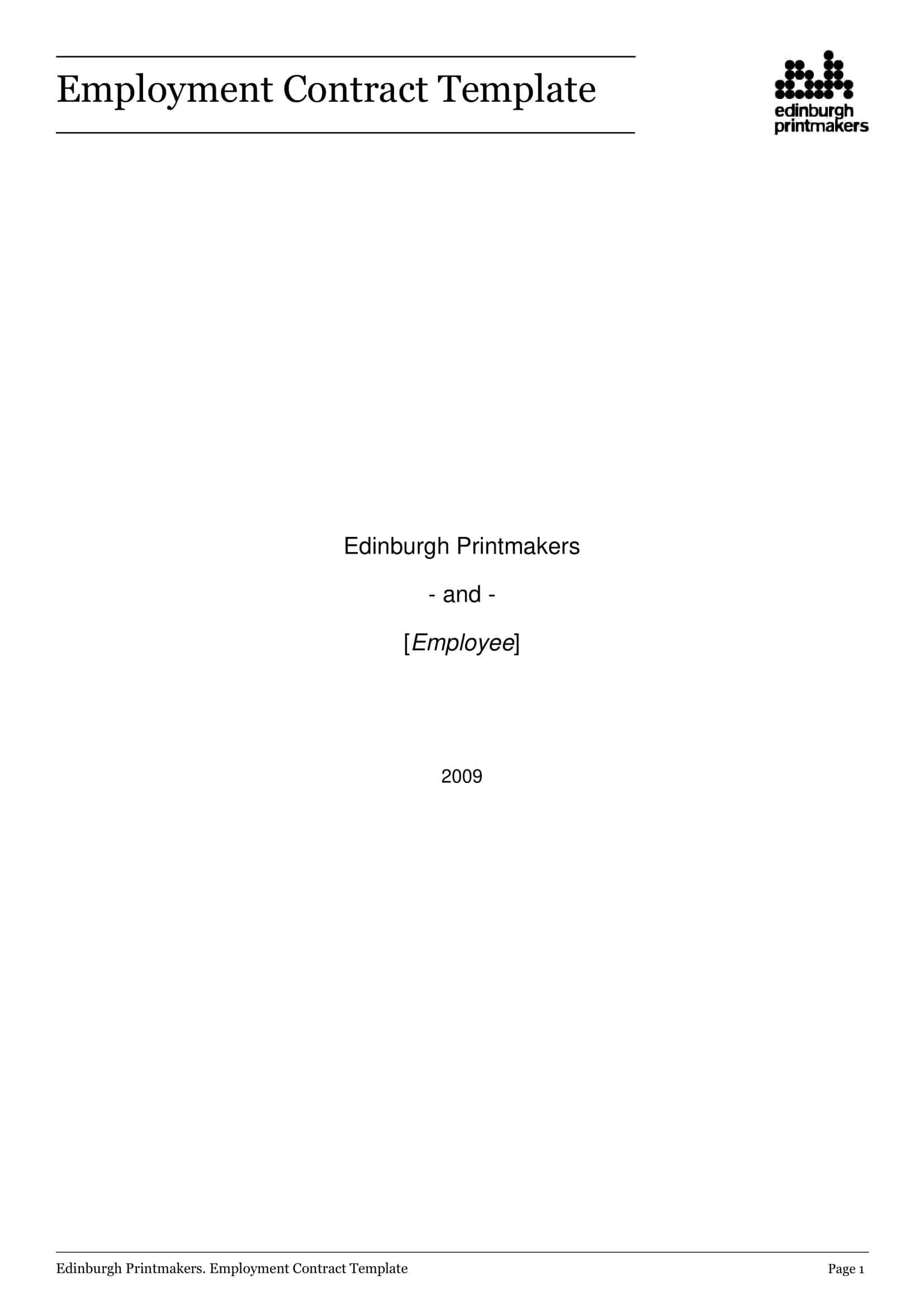
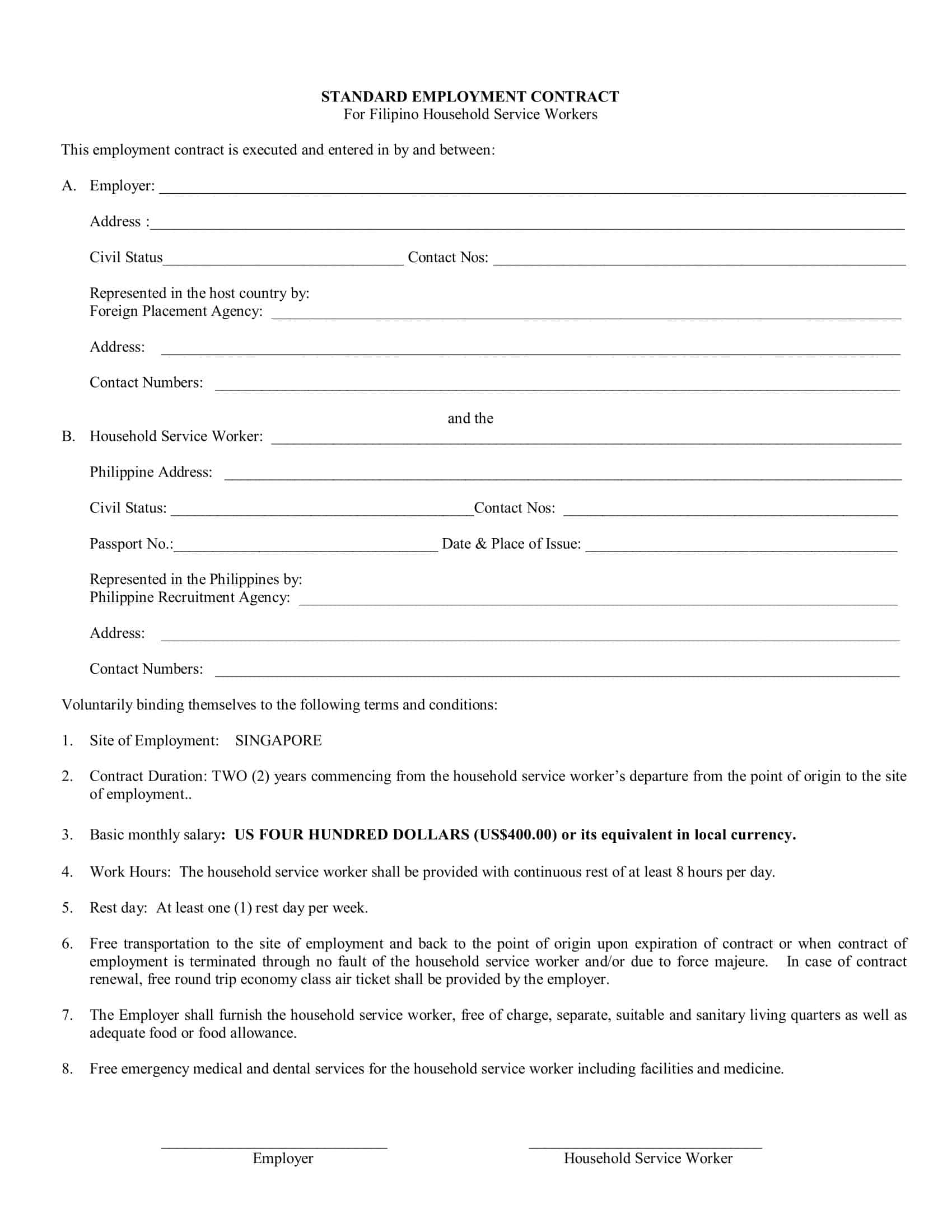

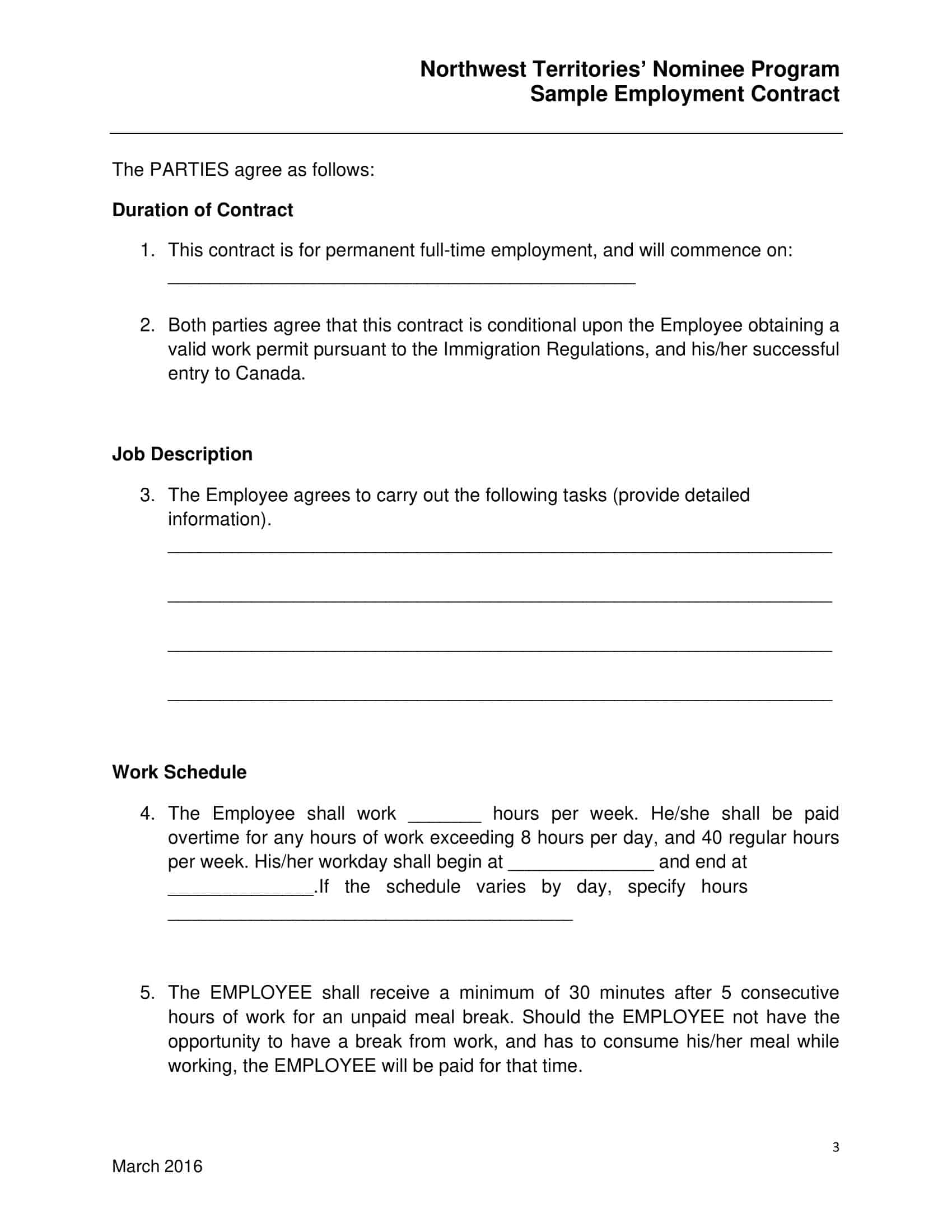




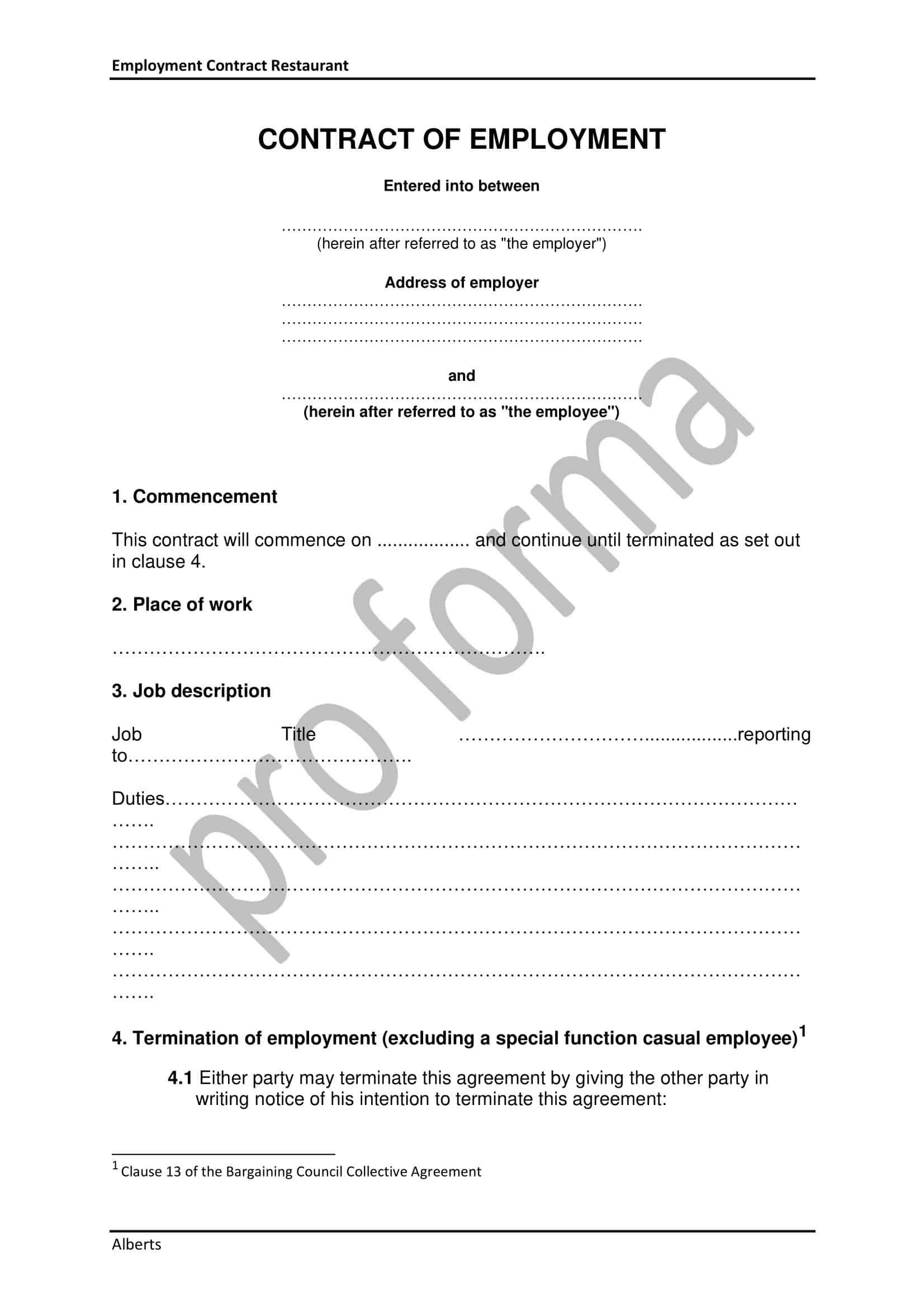
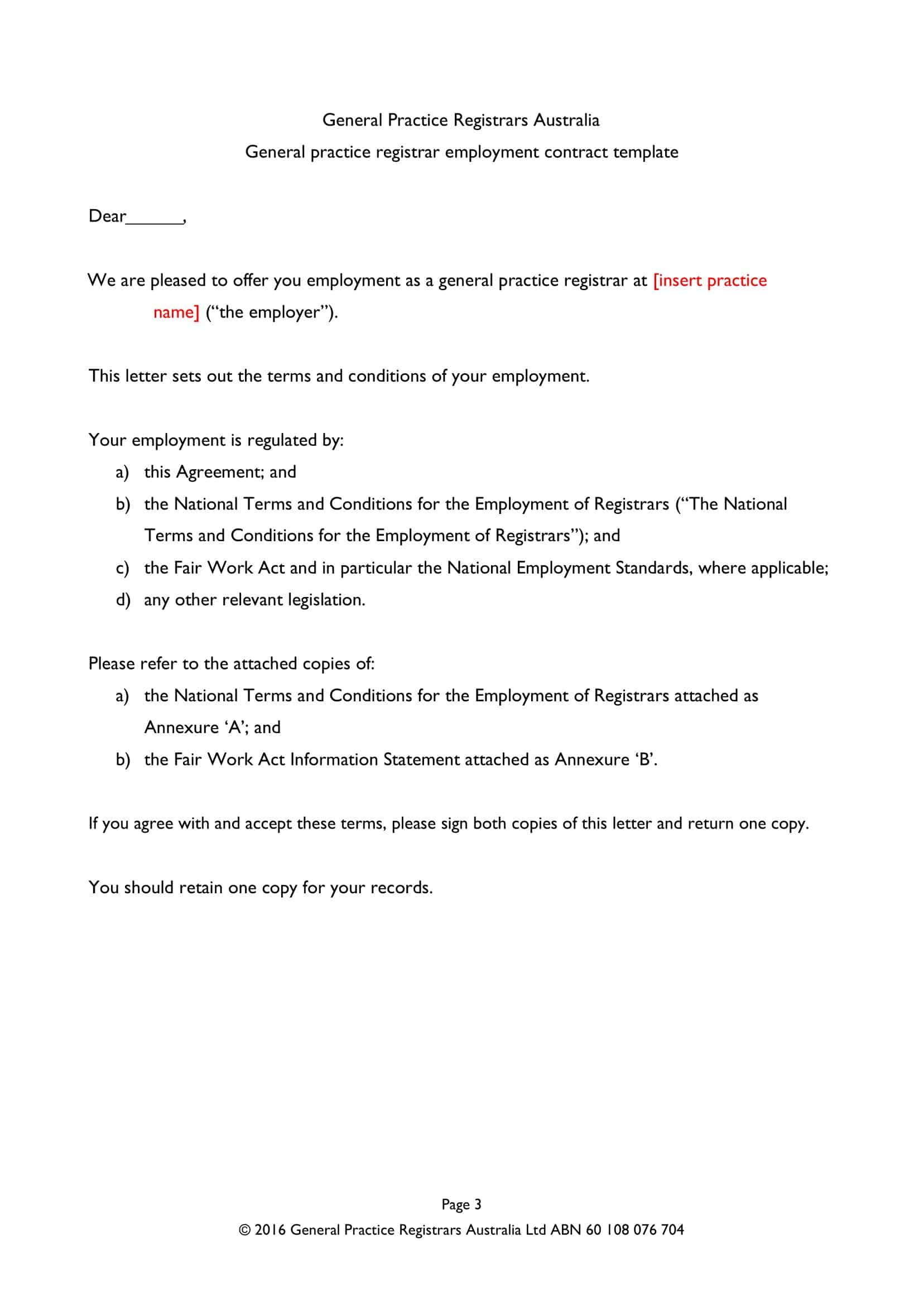


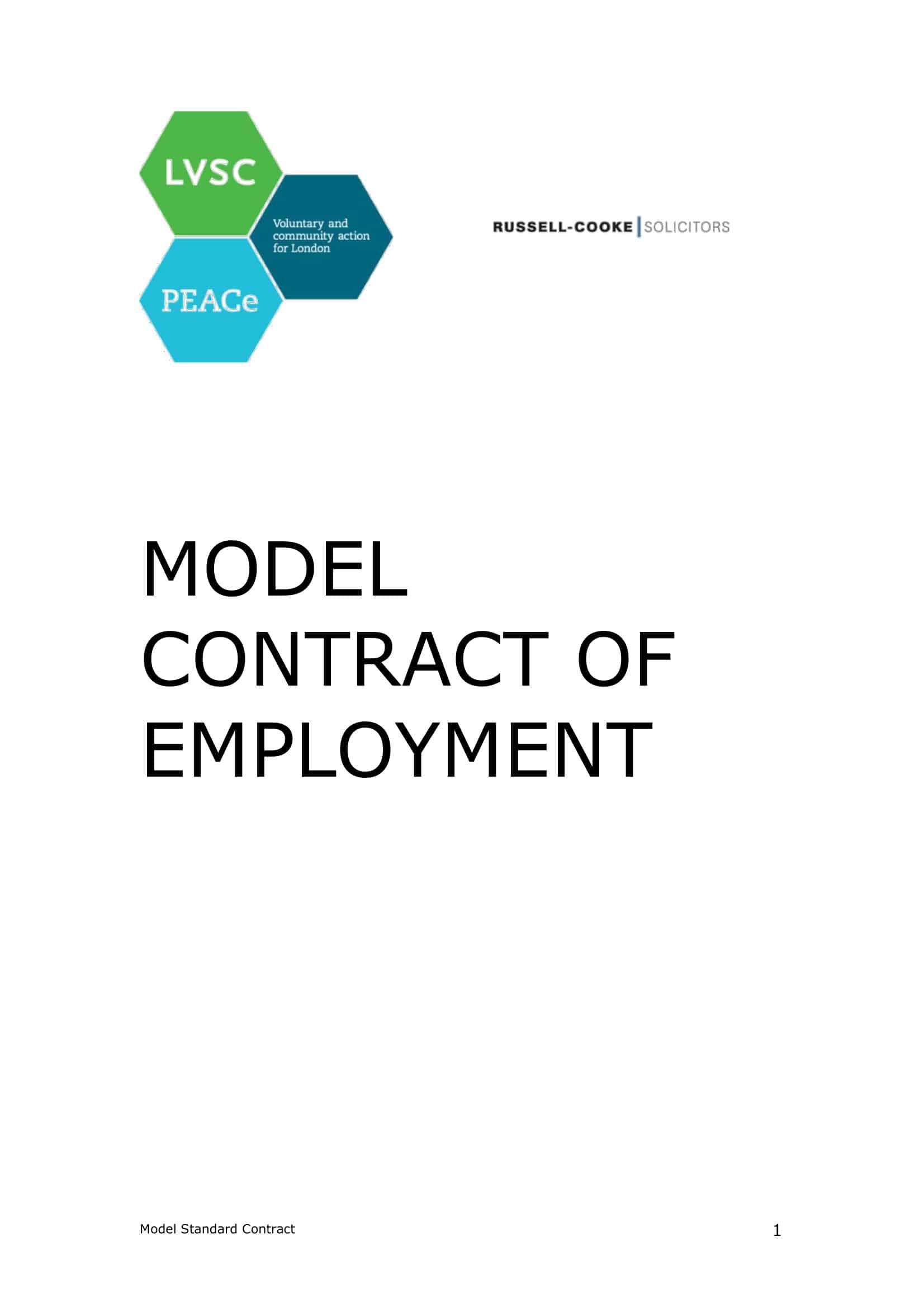
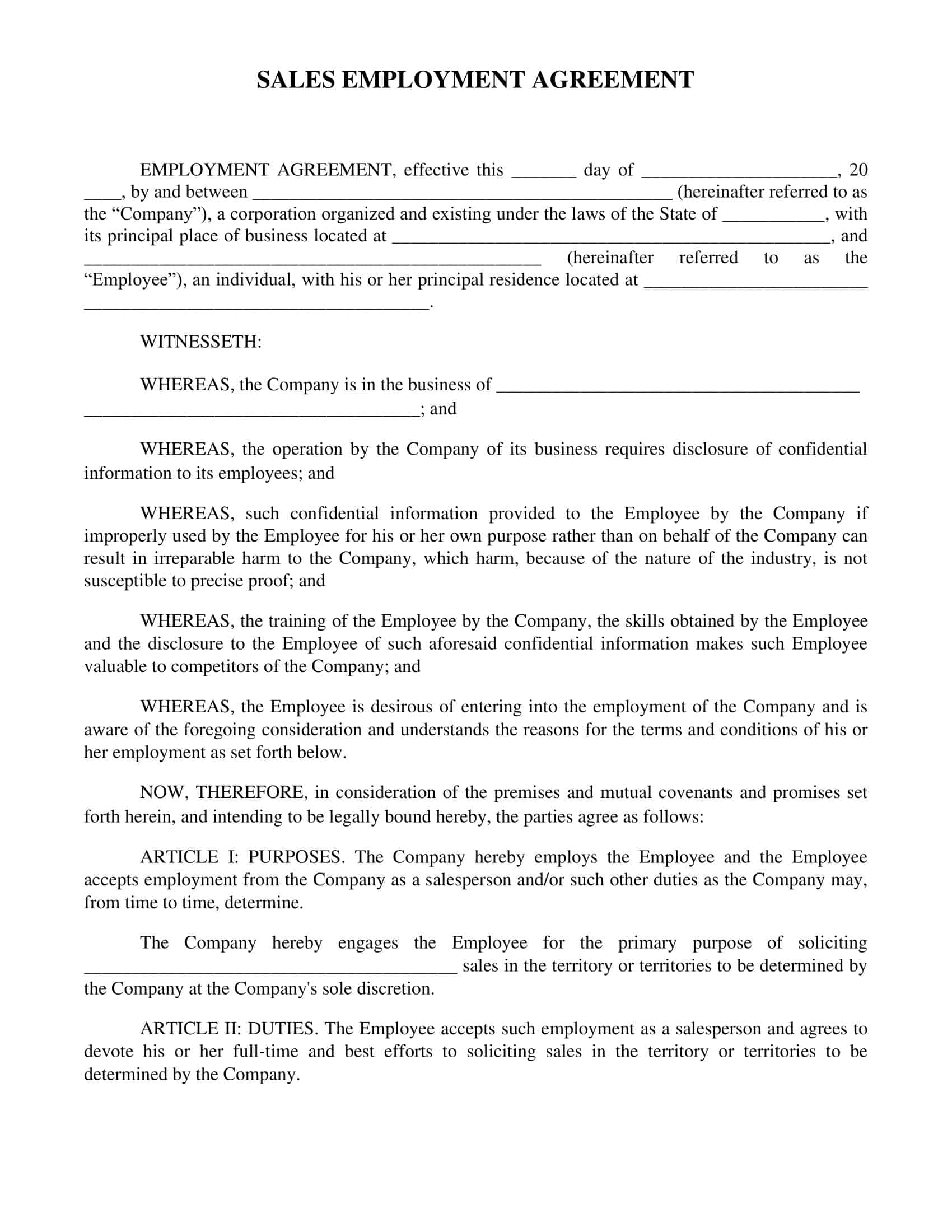


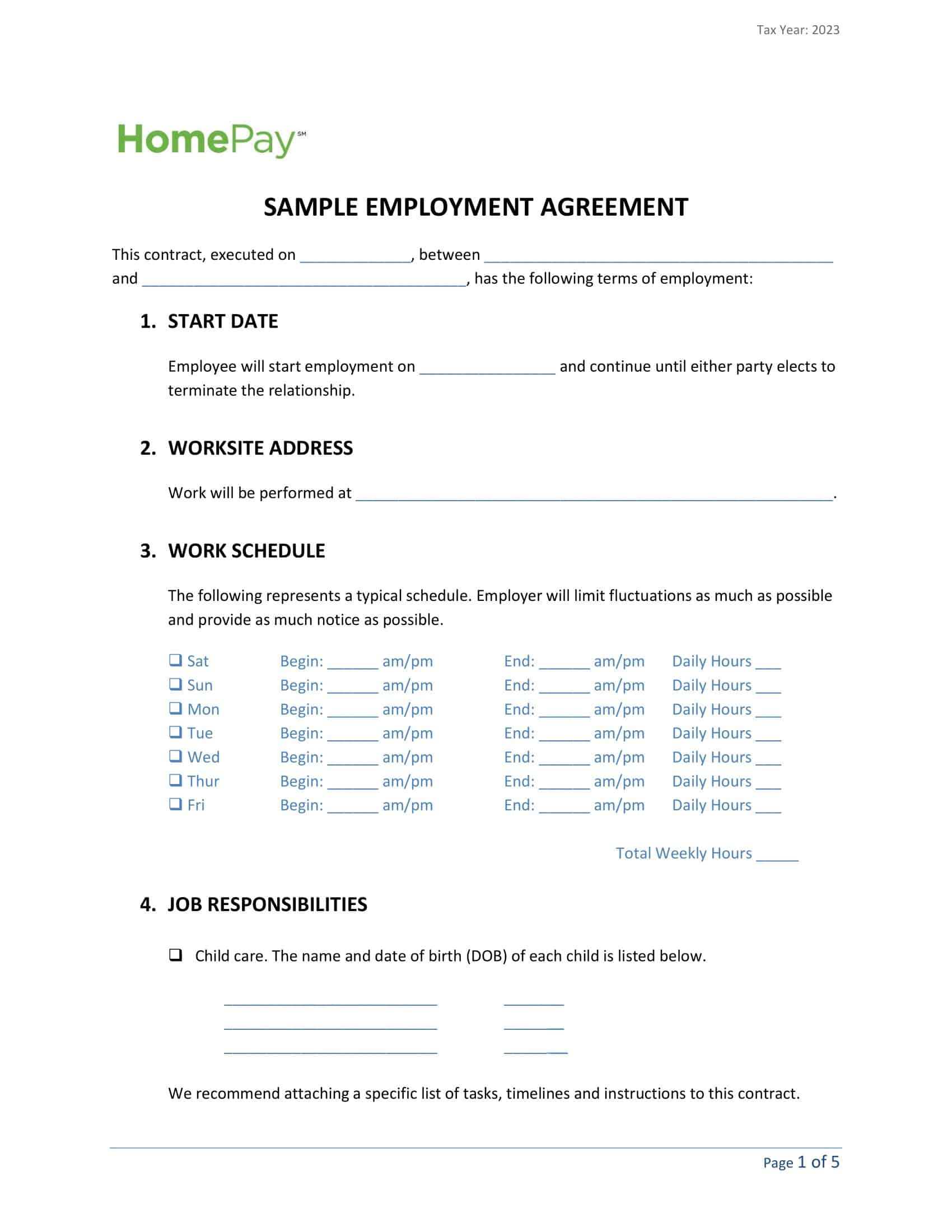
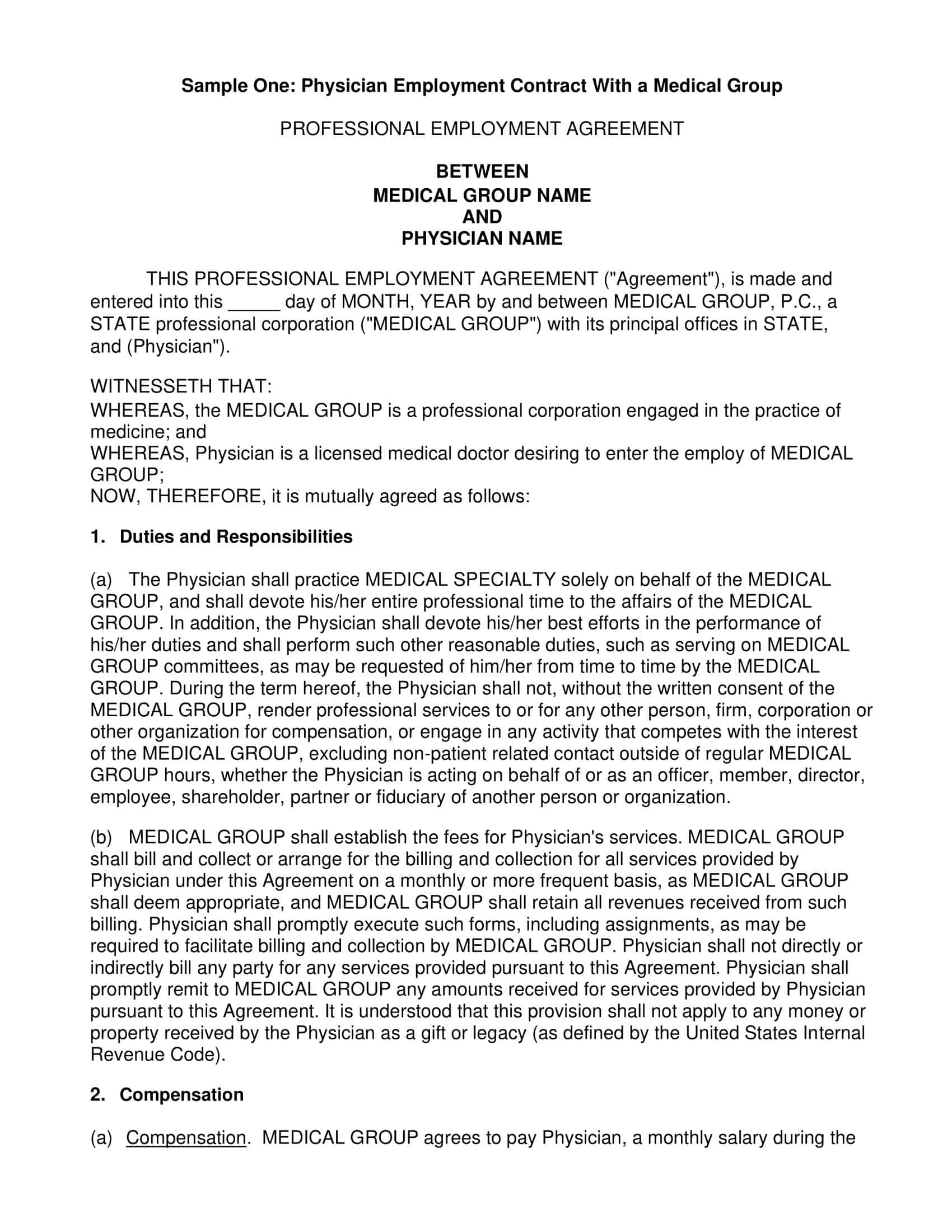
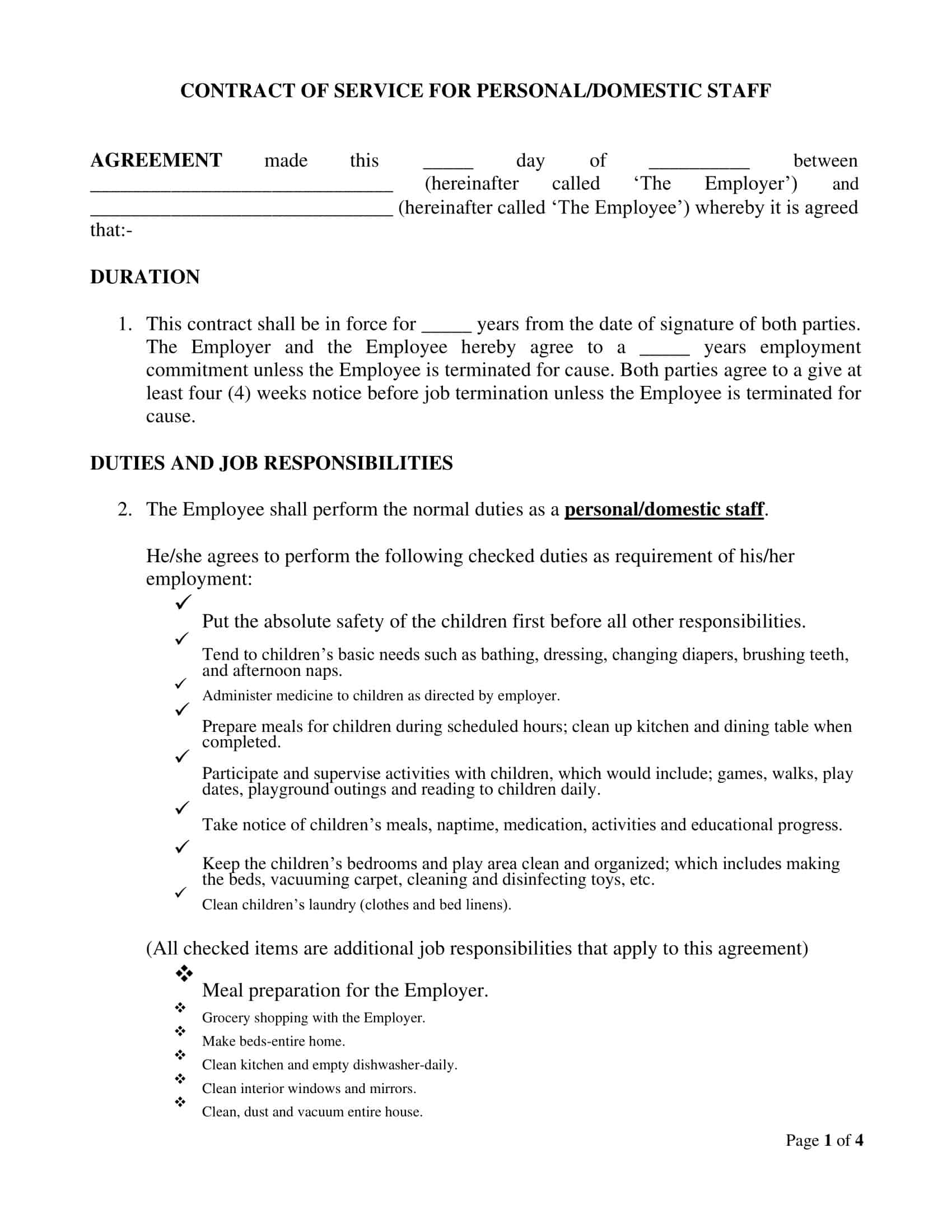
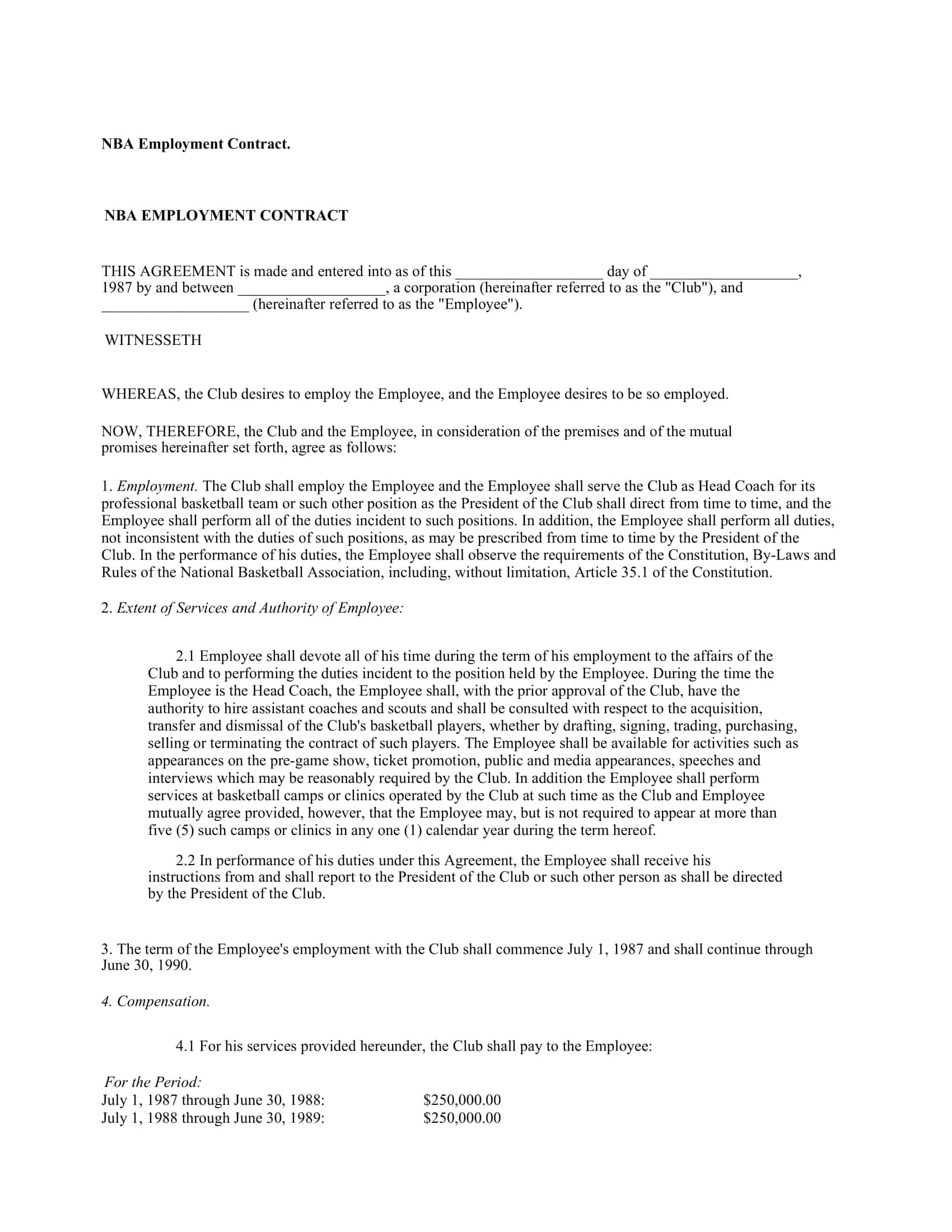
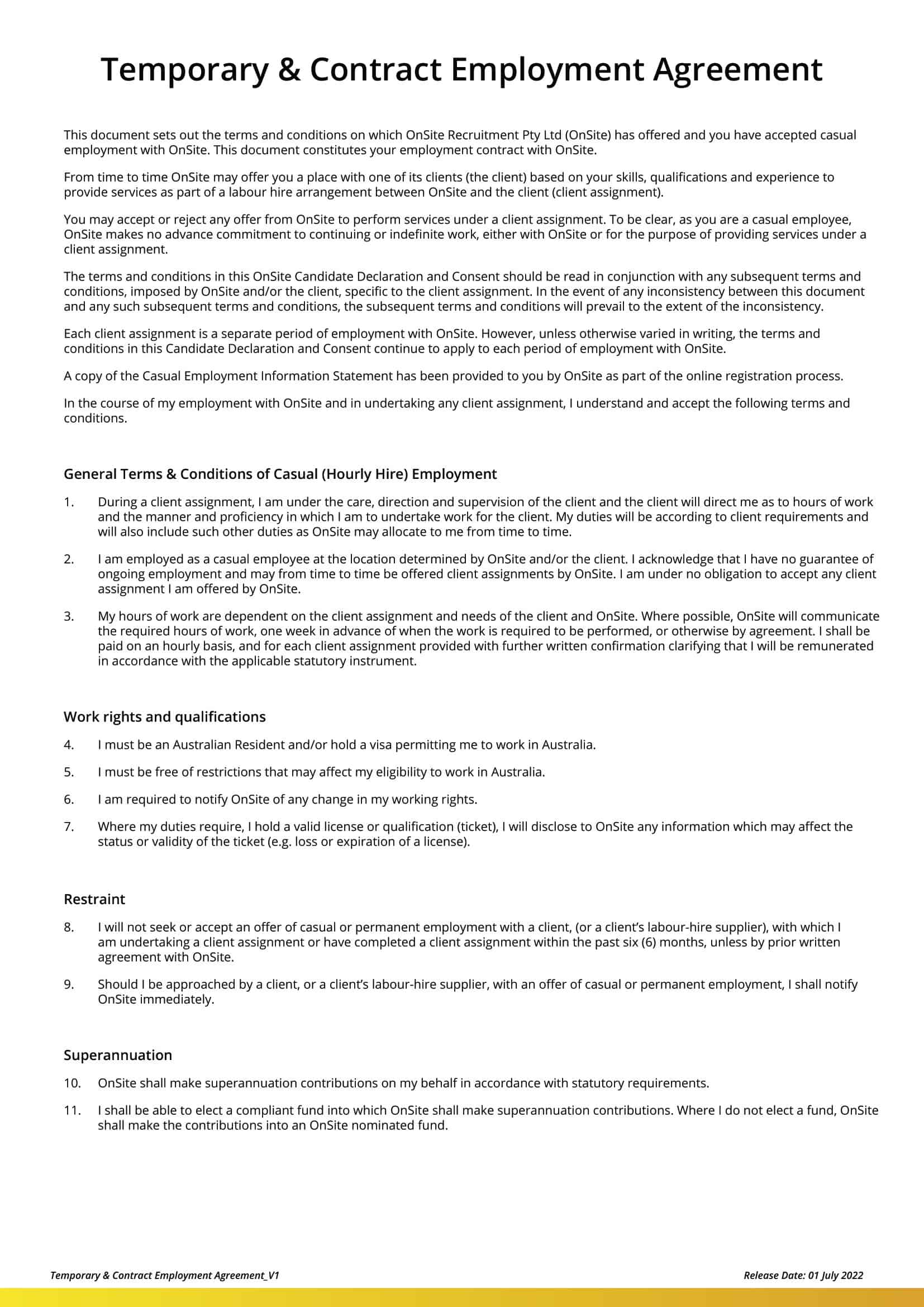


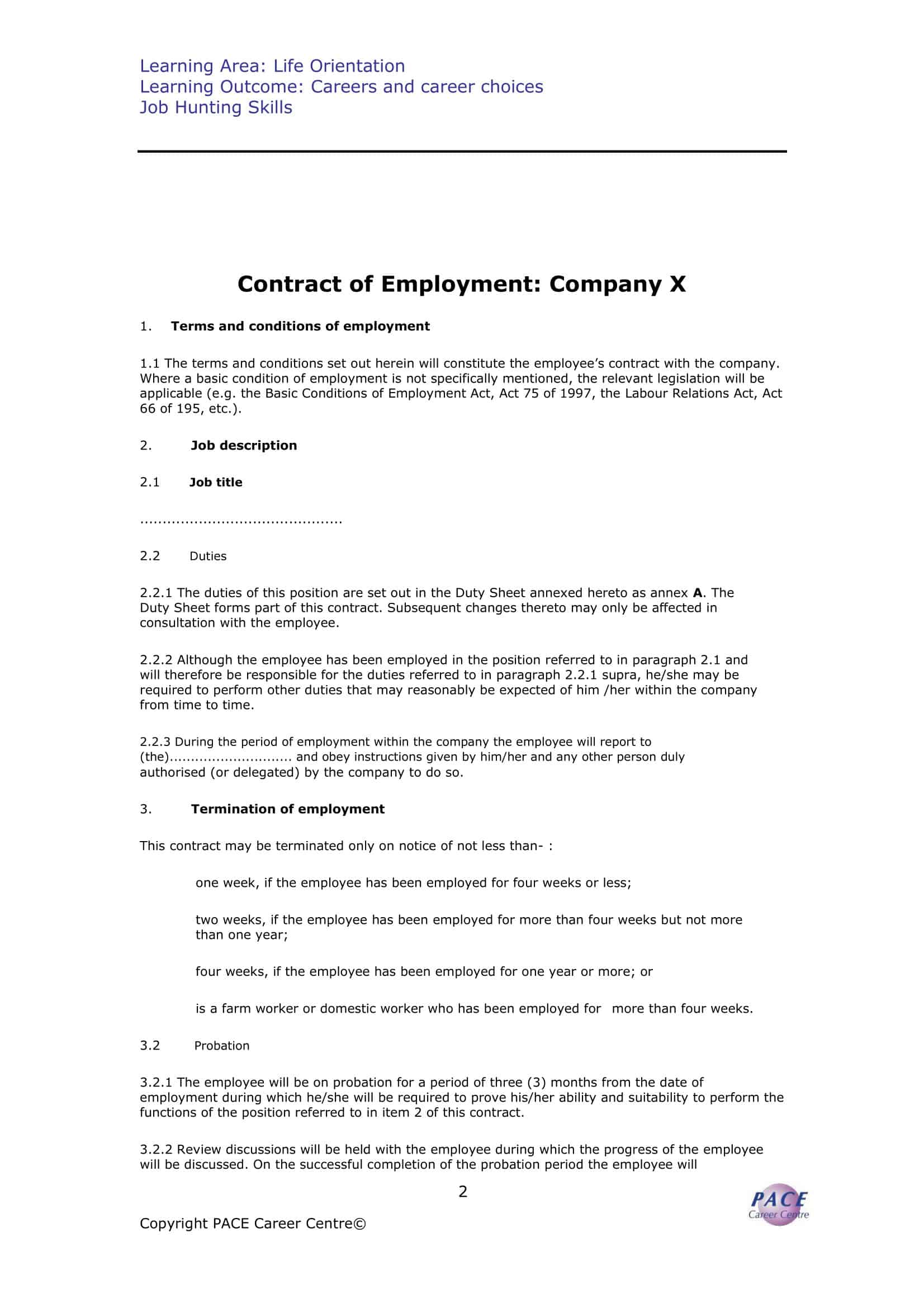

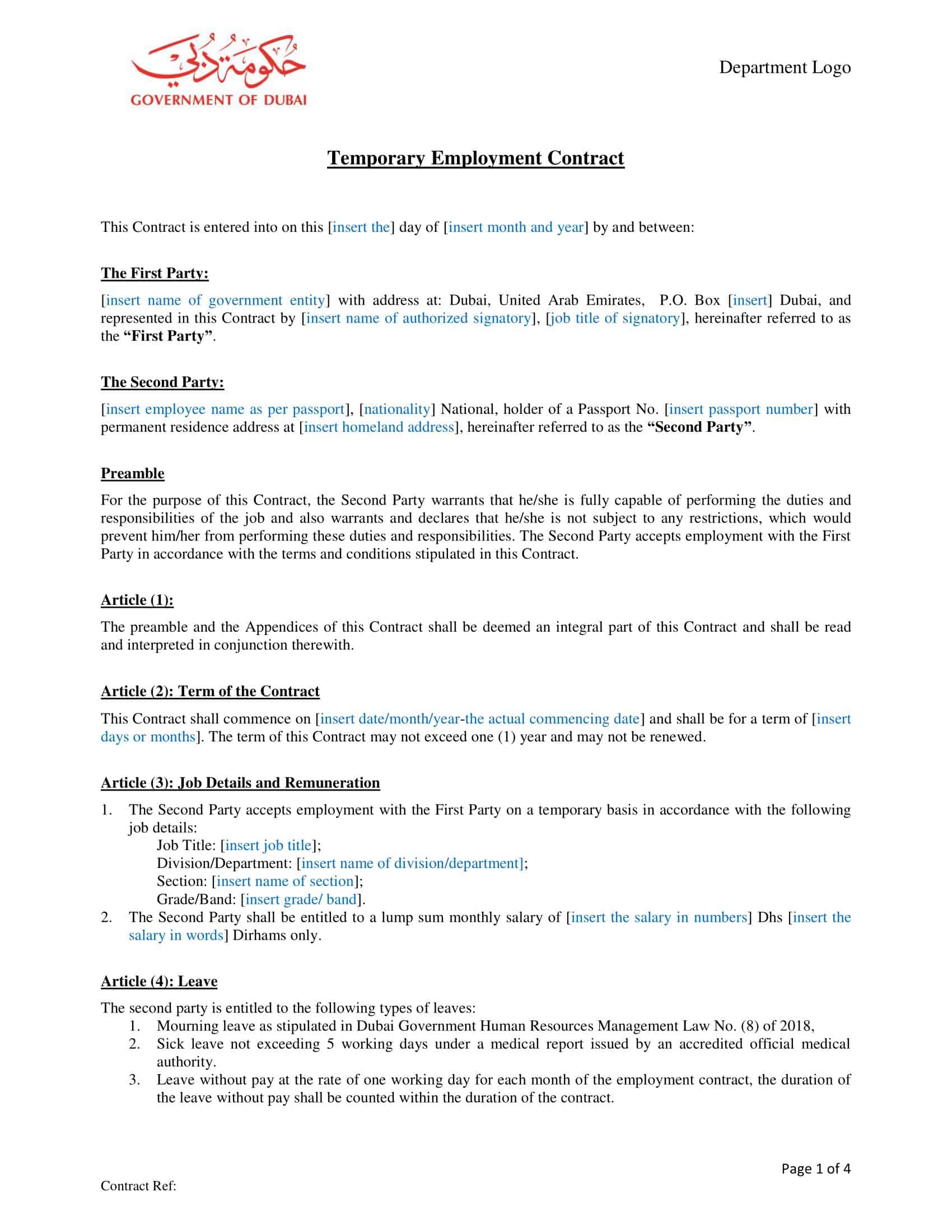
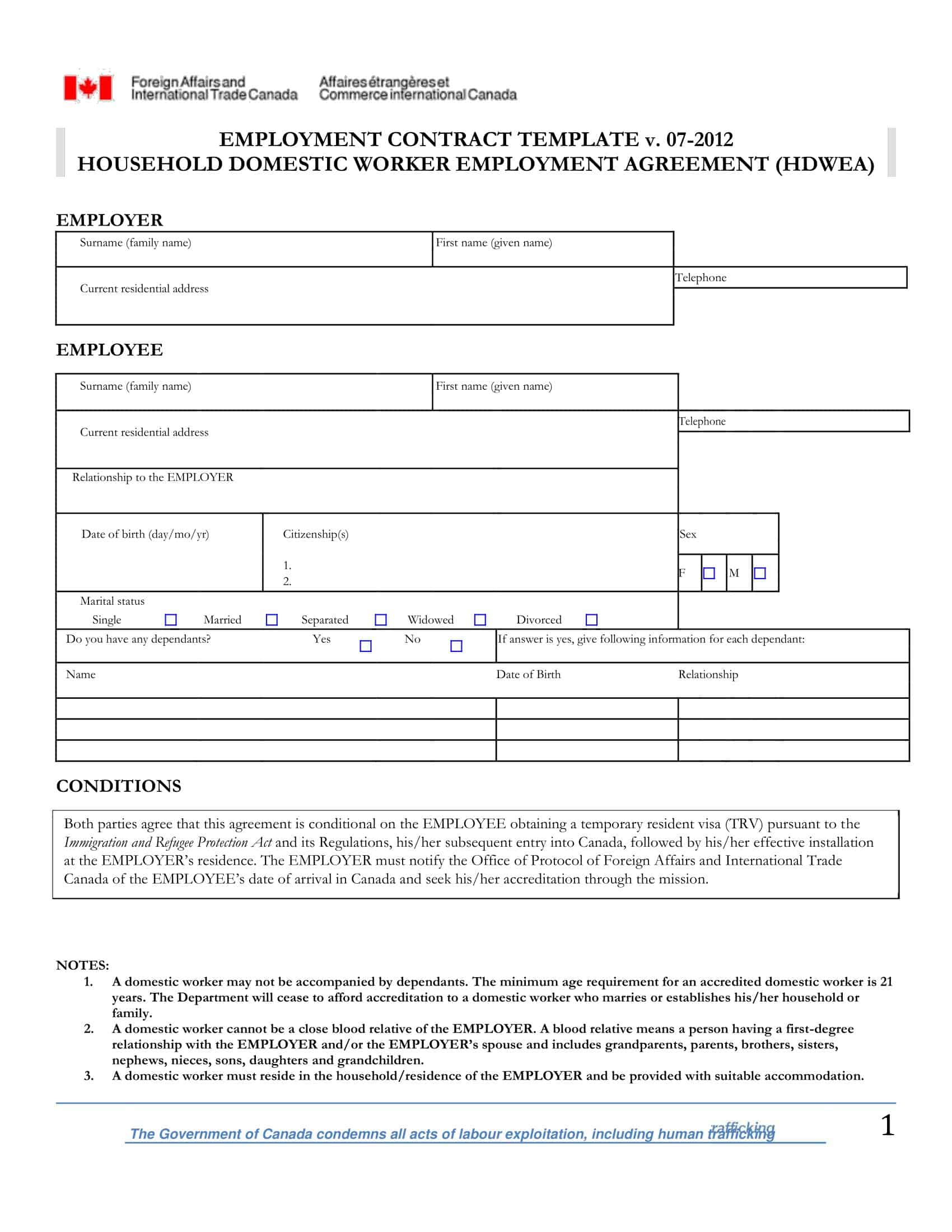
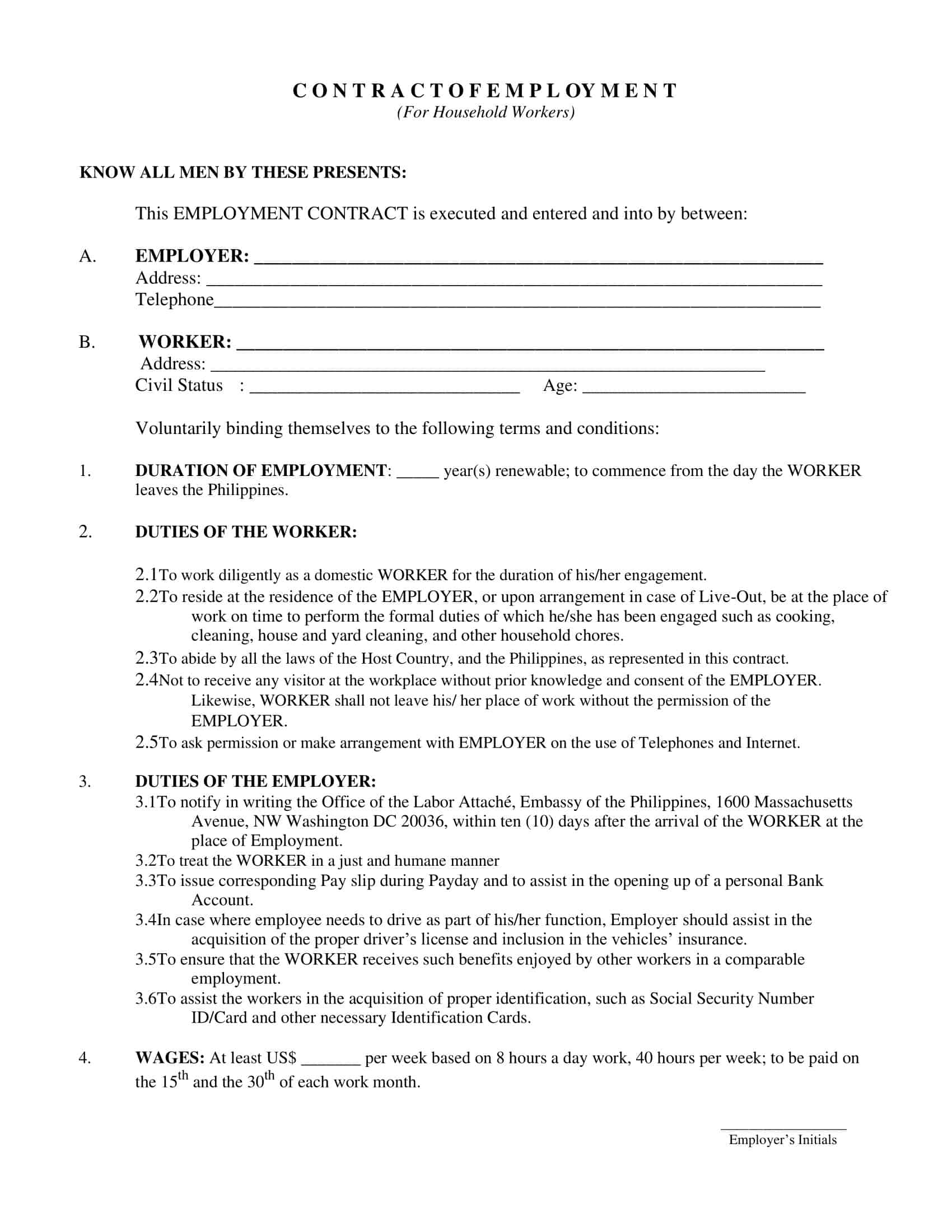
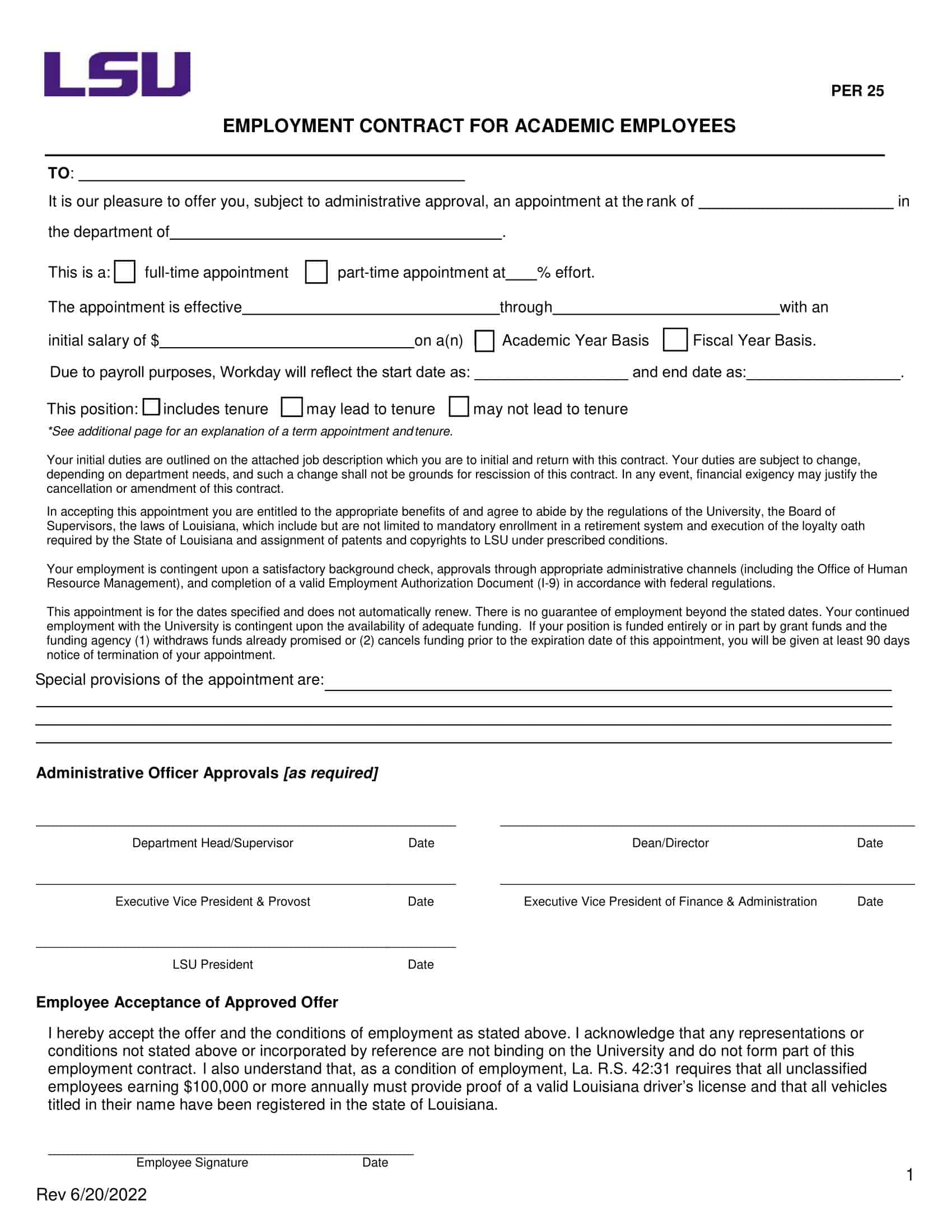
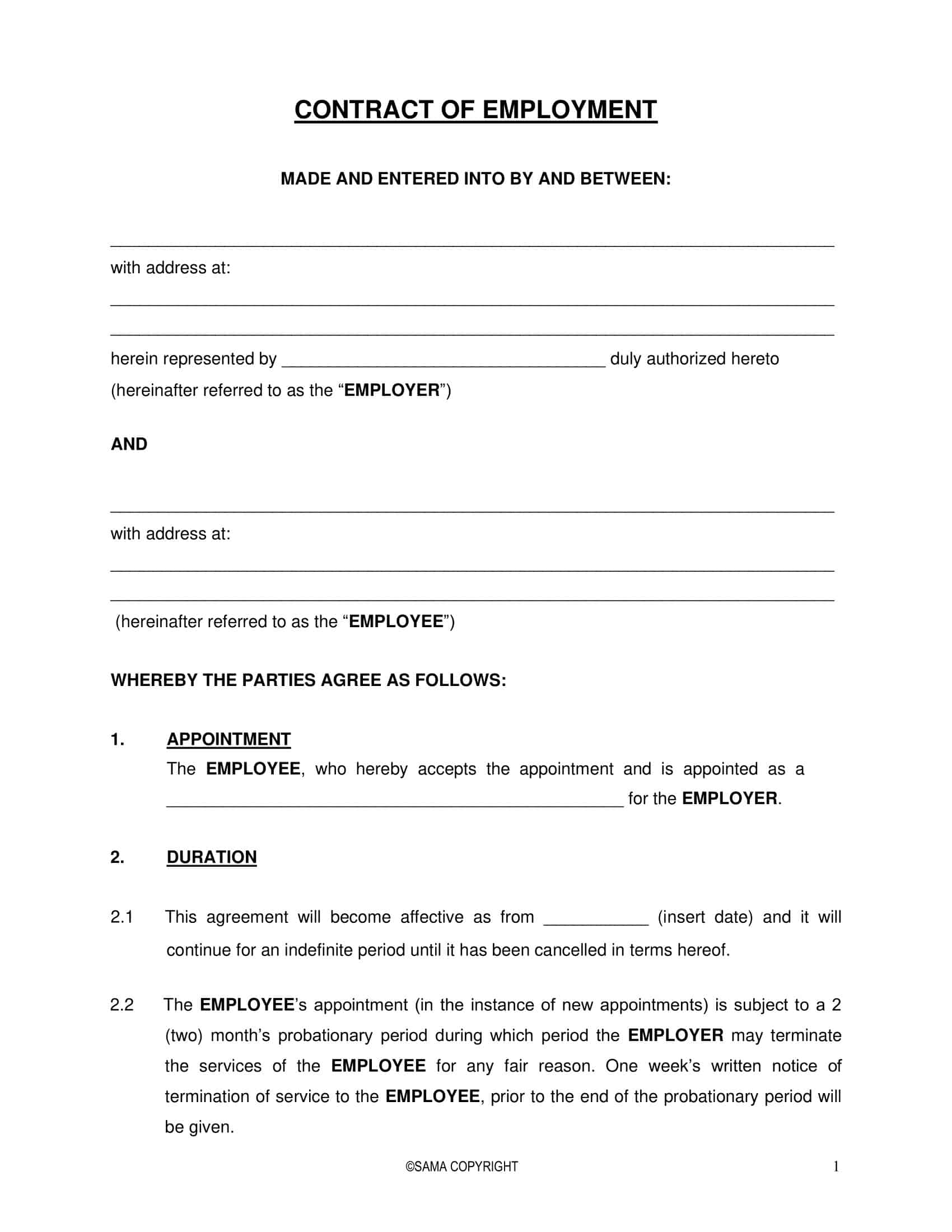
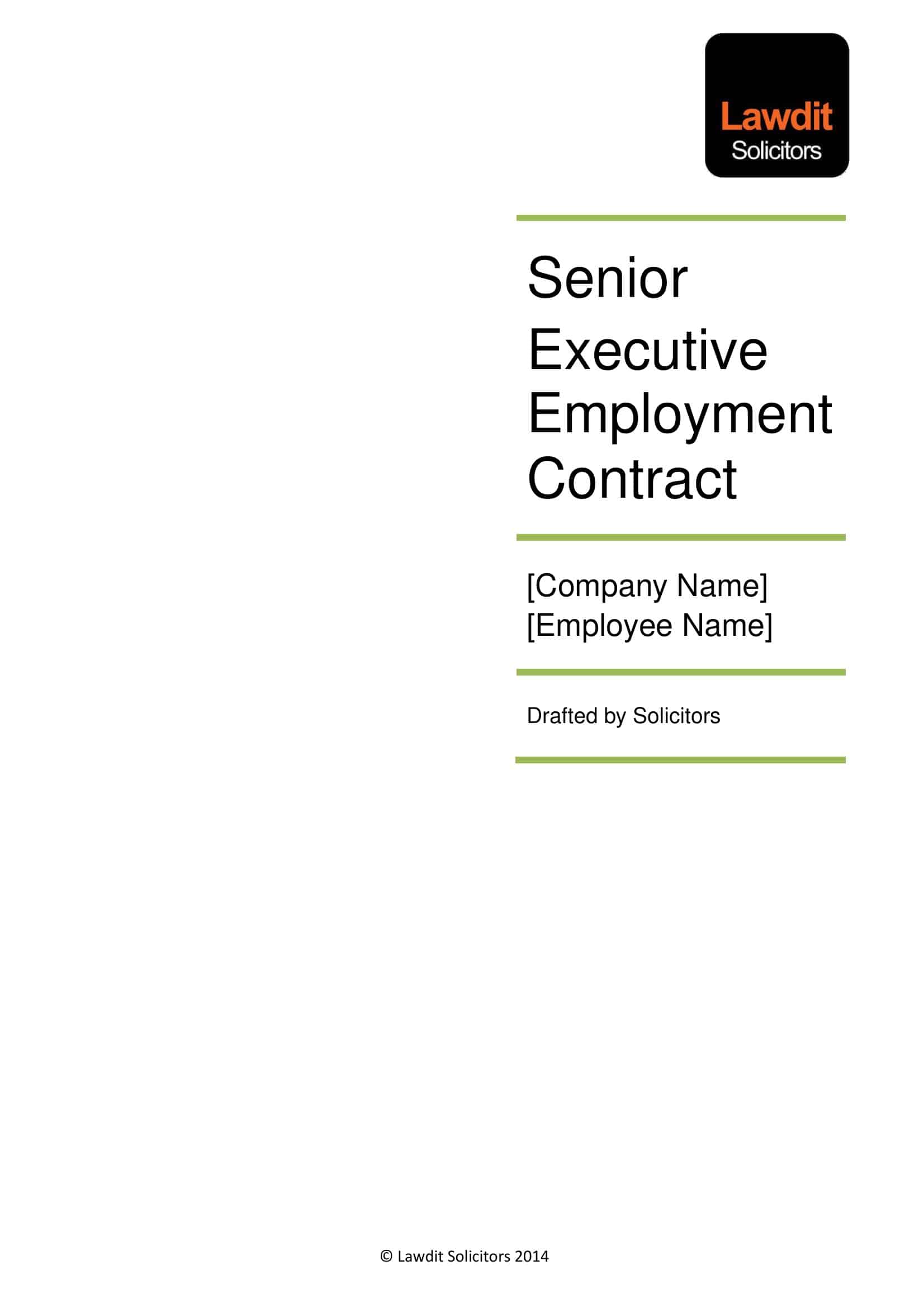
![Free Printable Catering Contract Templates [Word, PDF] Simple 2 Catering Contract](https://www.typecalendar.com/wp-content/uploads/2023/05/Catering-Contract-1-150x150.jpg)
![Free Printable Land Contract Templates [Word, PDF] Simple 3 Land Contract](https://www.typecalendar.com/wp-content/uploads/2023/05/Land-Contract-1-150x150.jpg)
![%100 Free Hoodie Templates [Printable] +PDF 4 Hoodie Template](https://www.typecalendar.com/wp-content/uploads/2023/05/Hoodie-Template-1-150x150.jpg)
